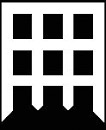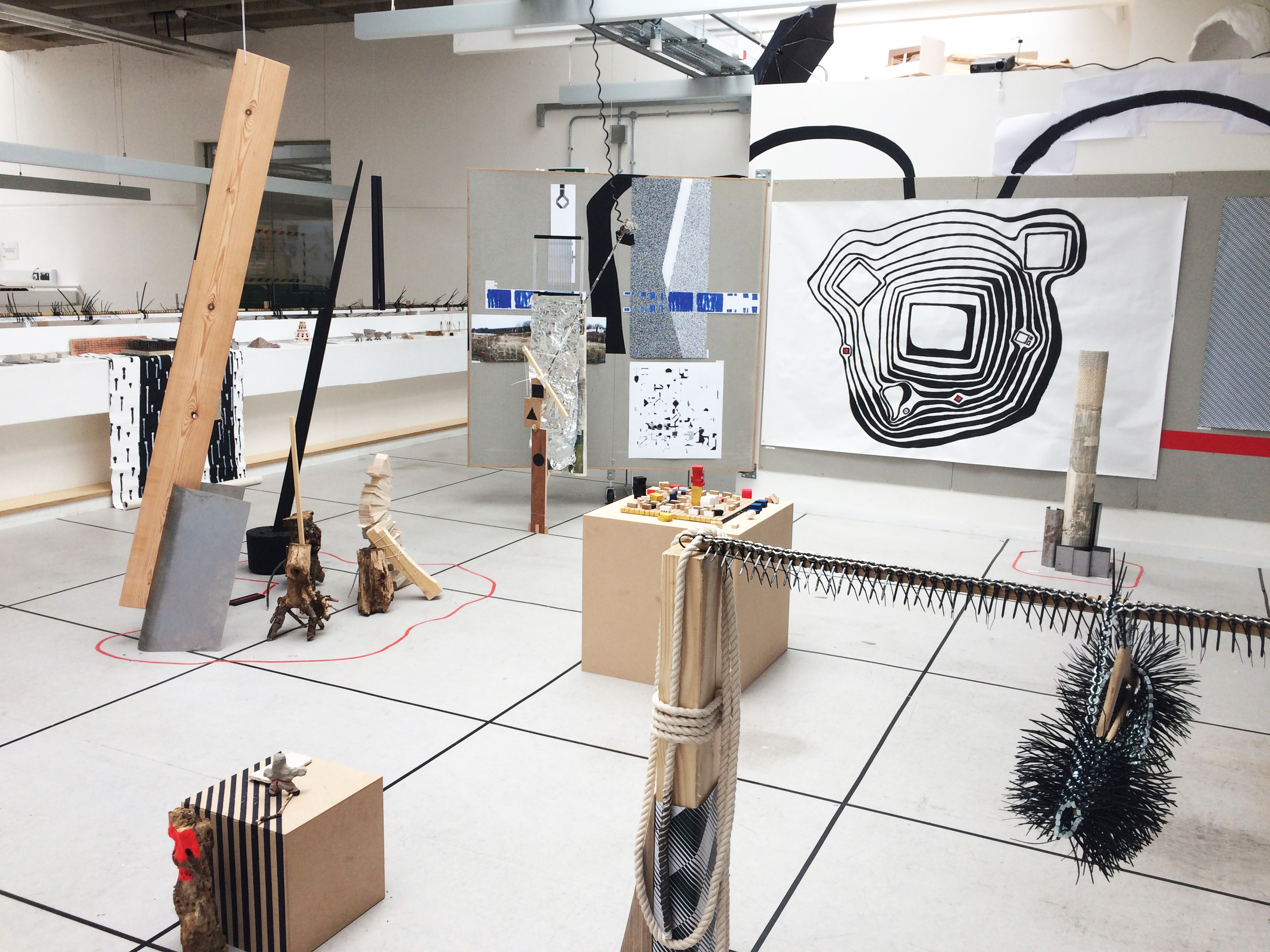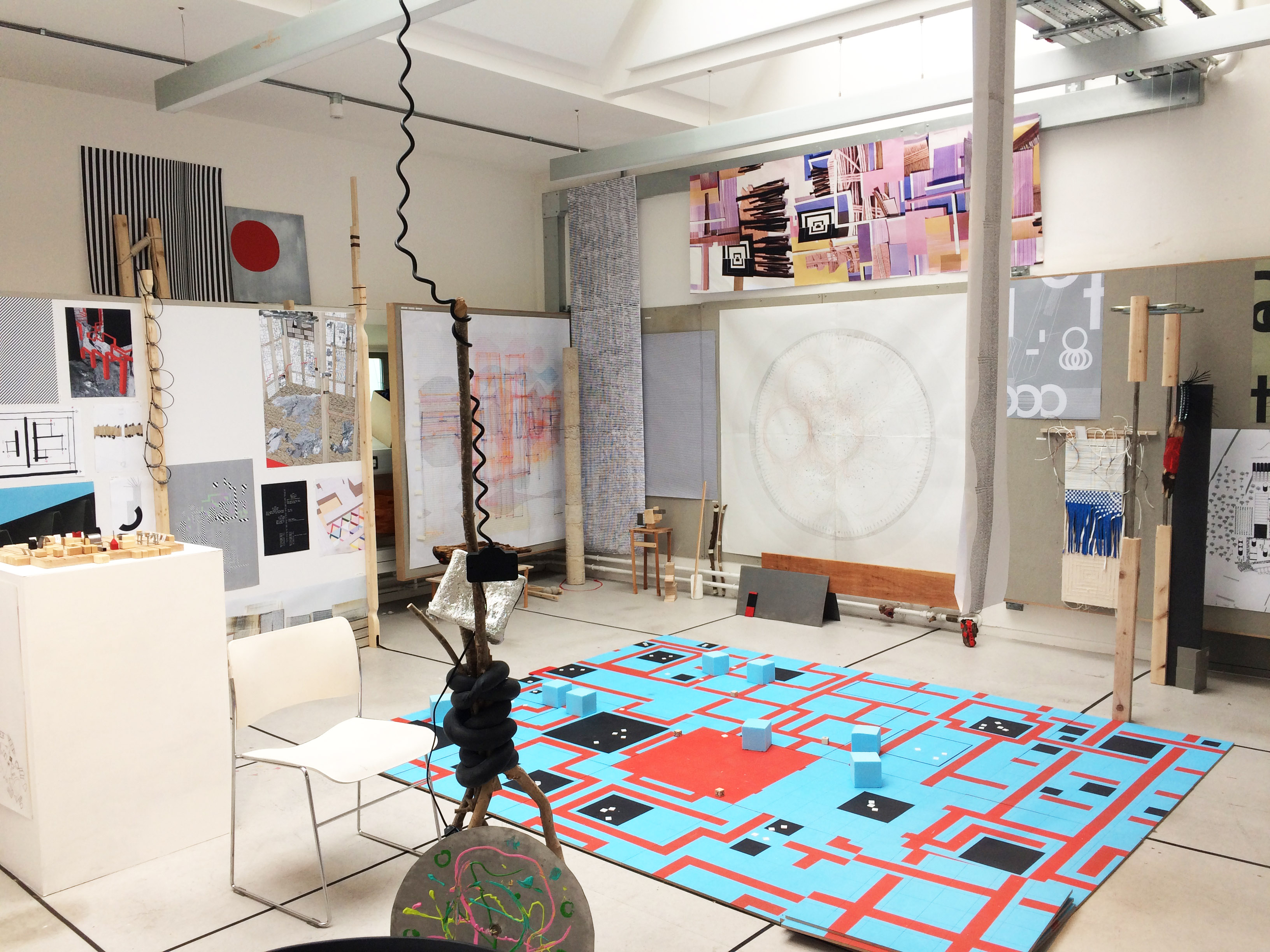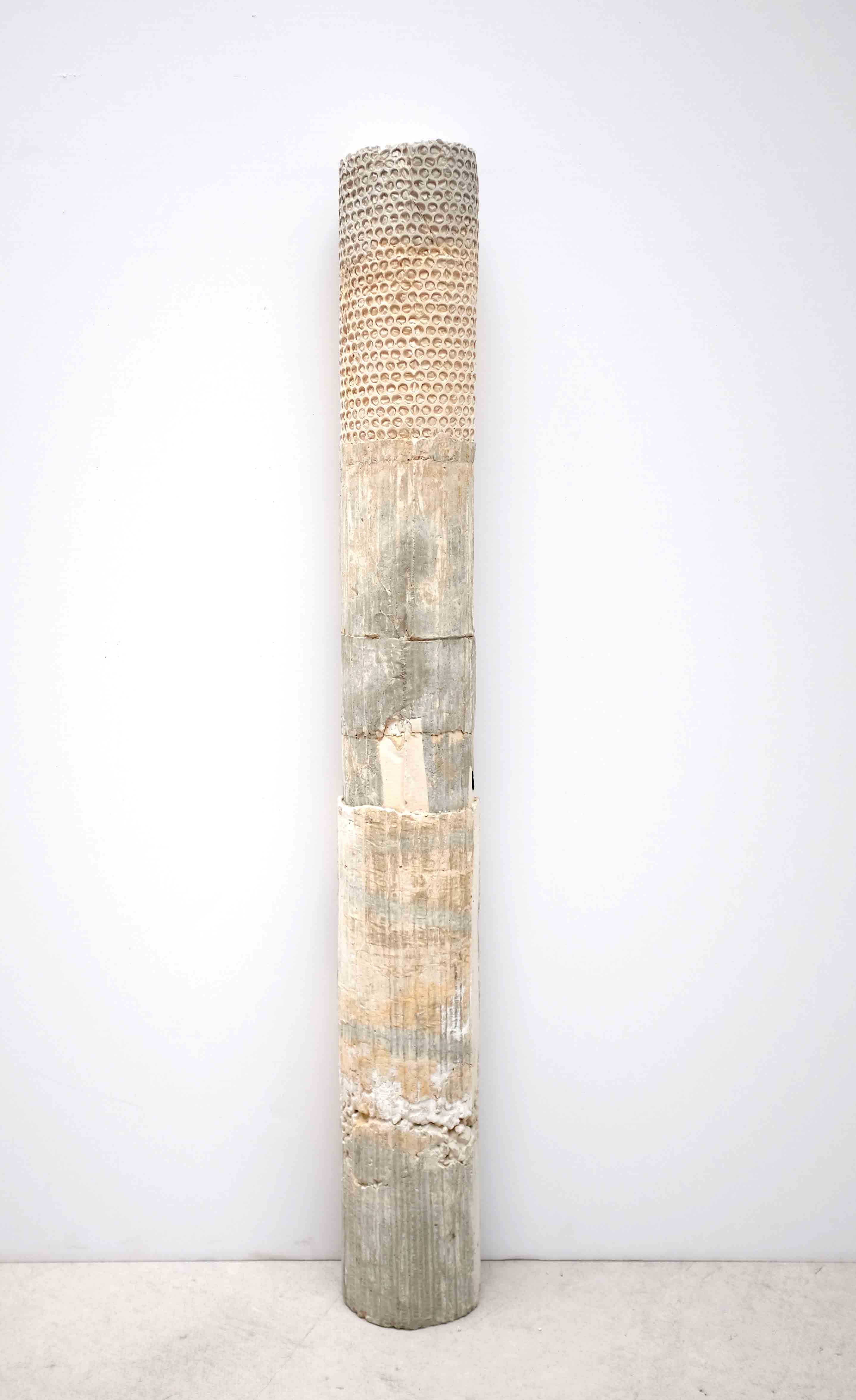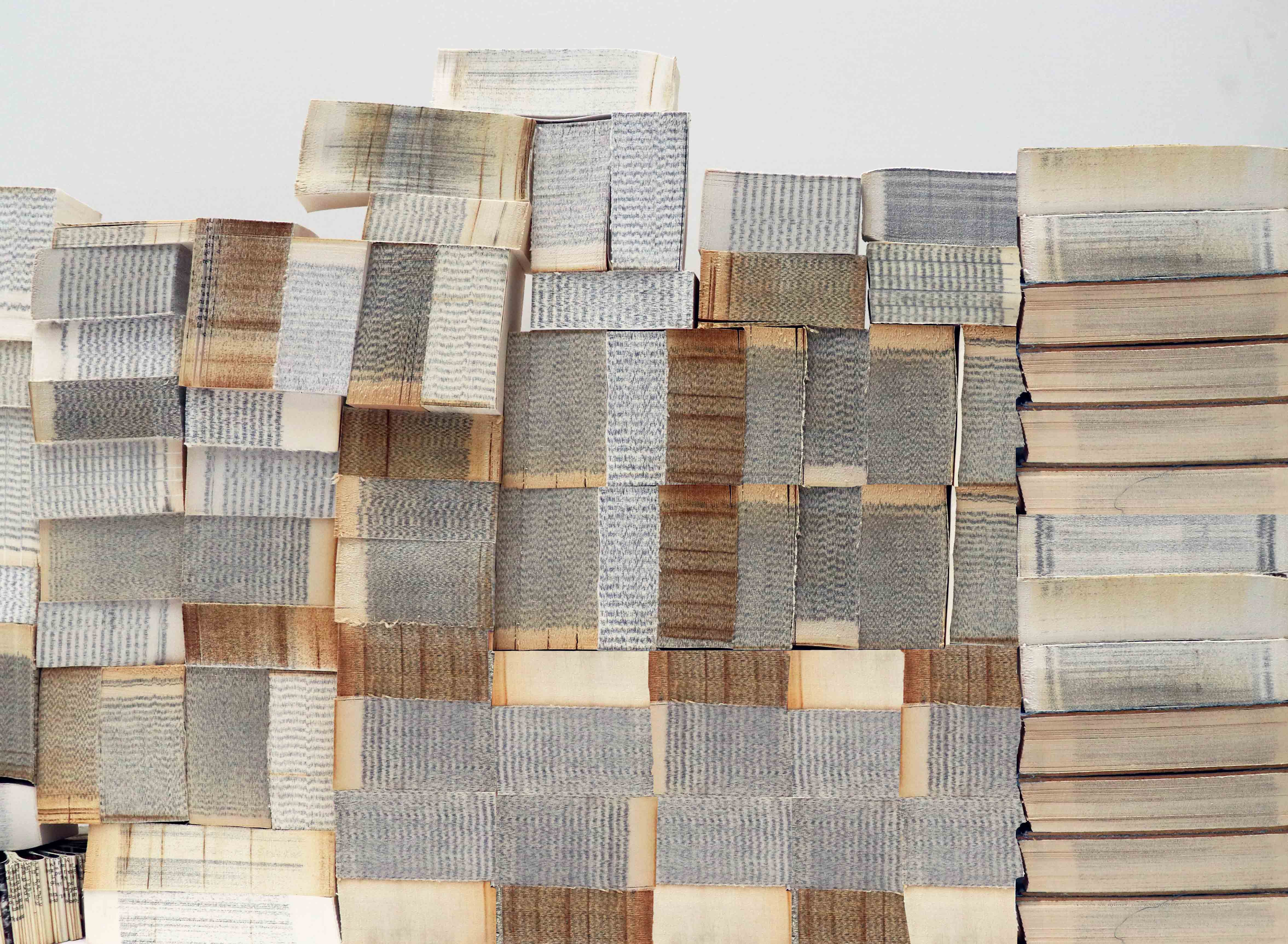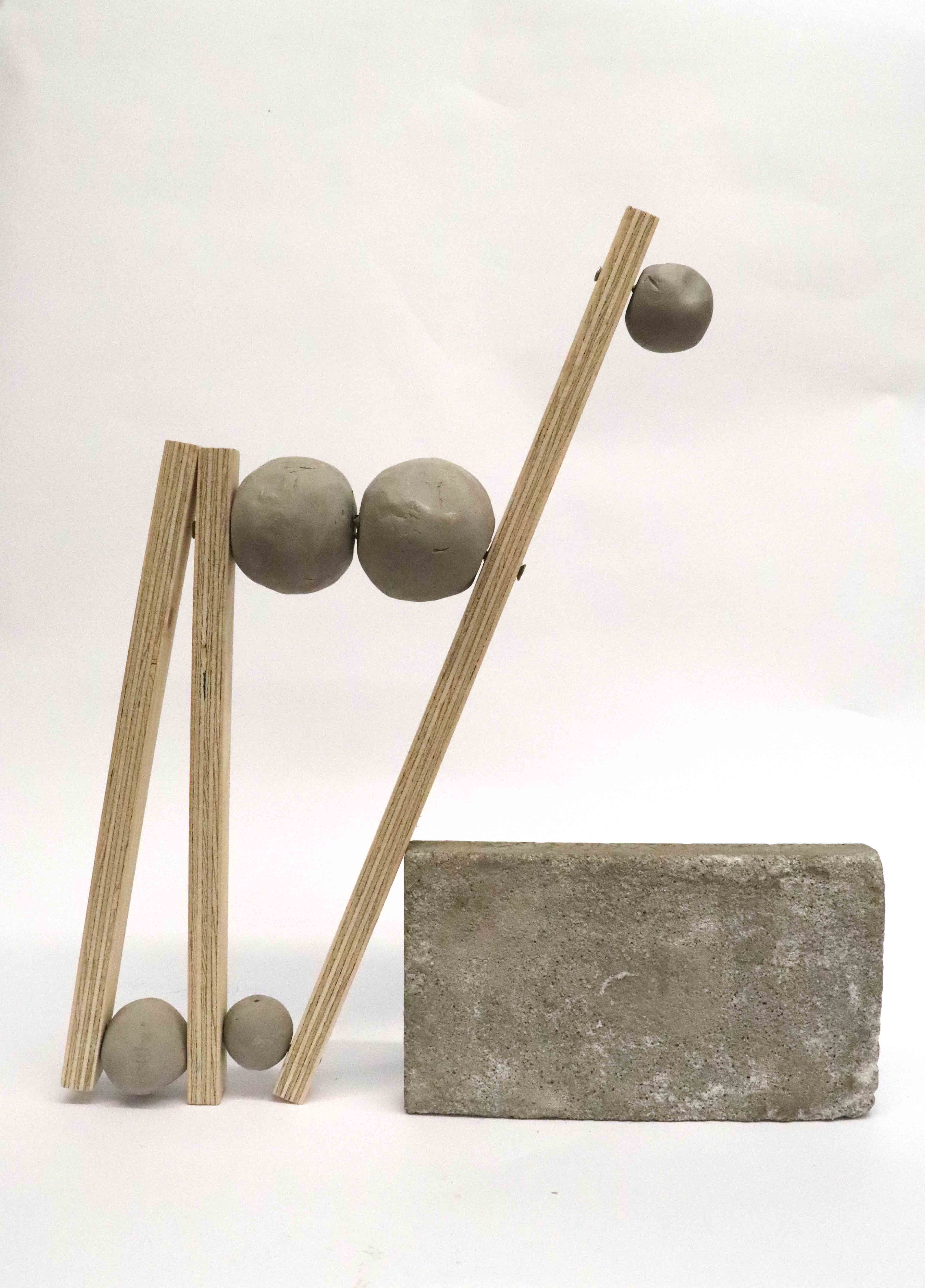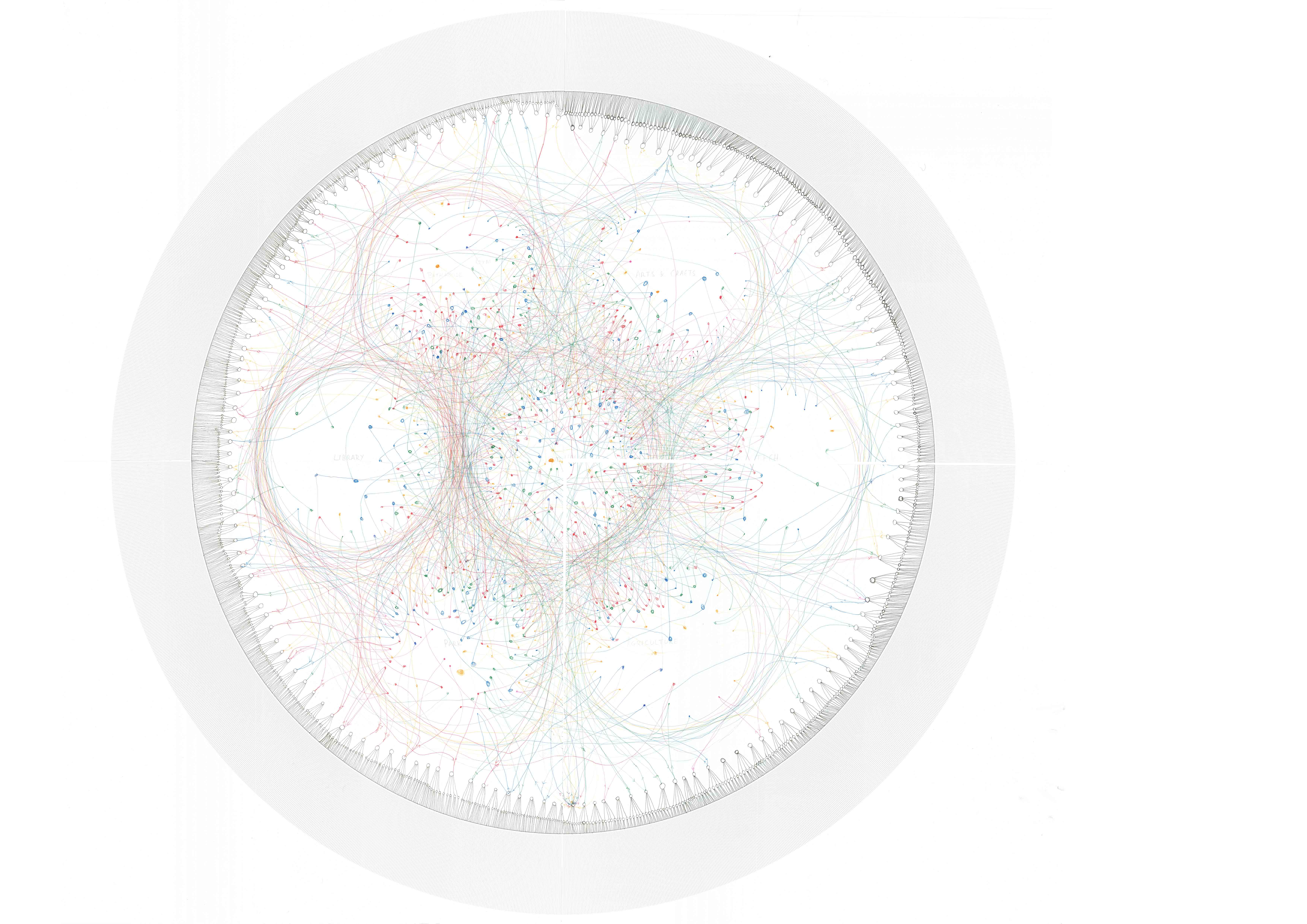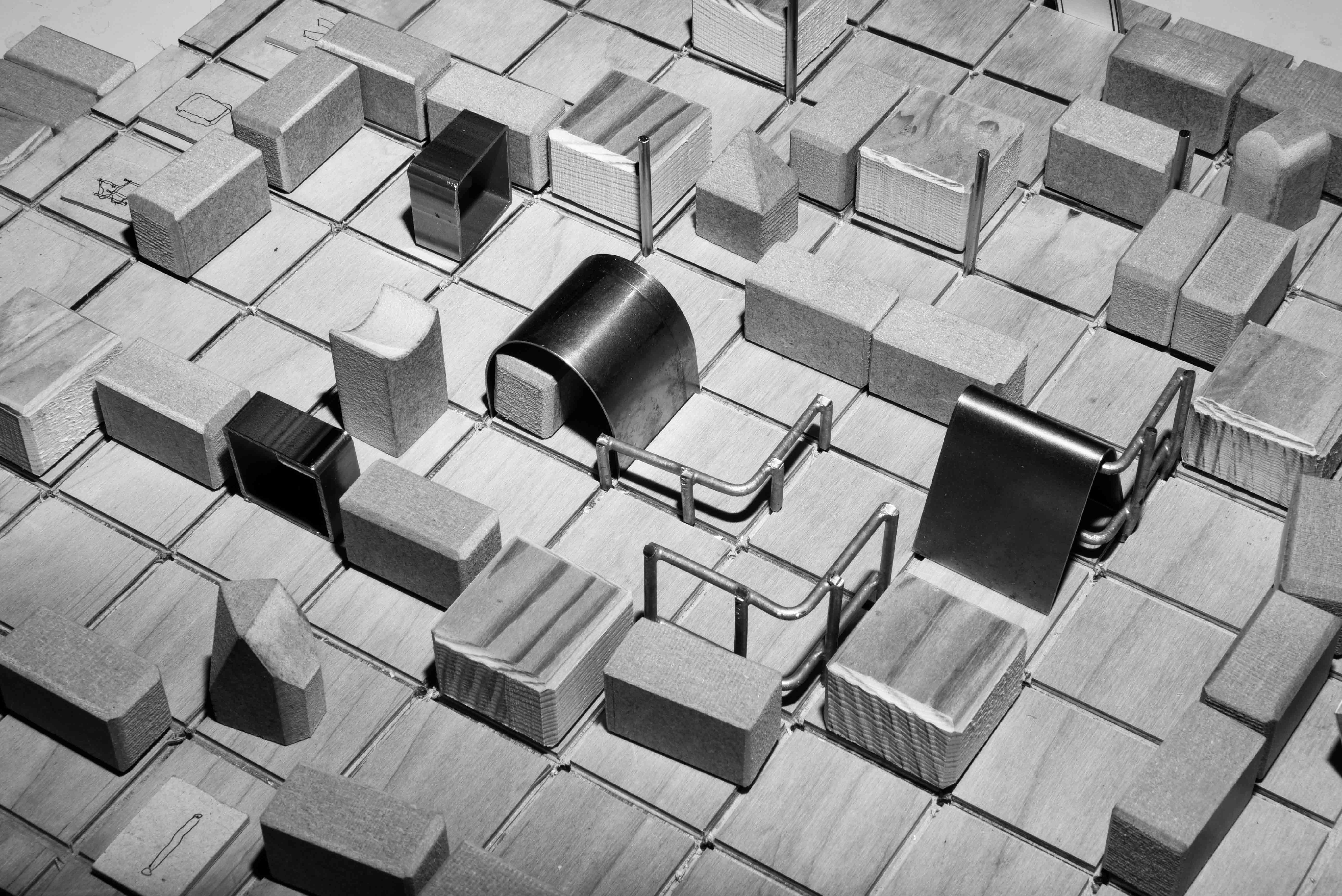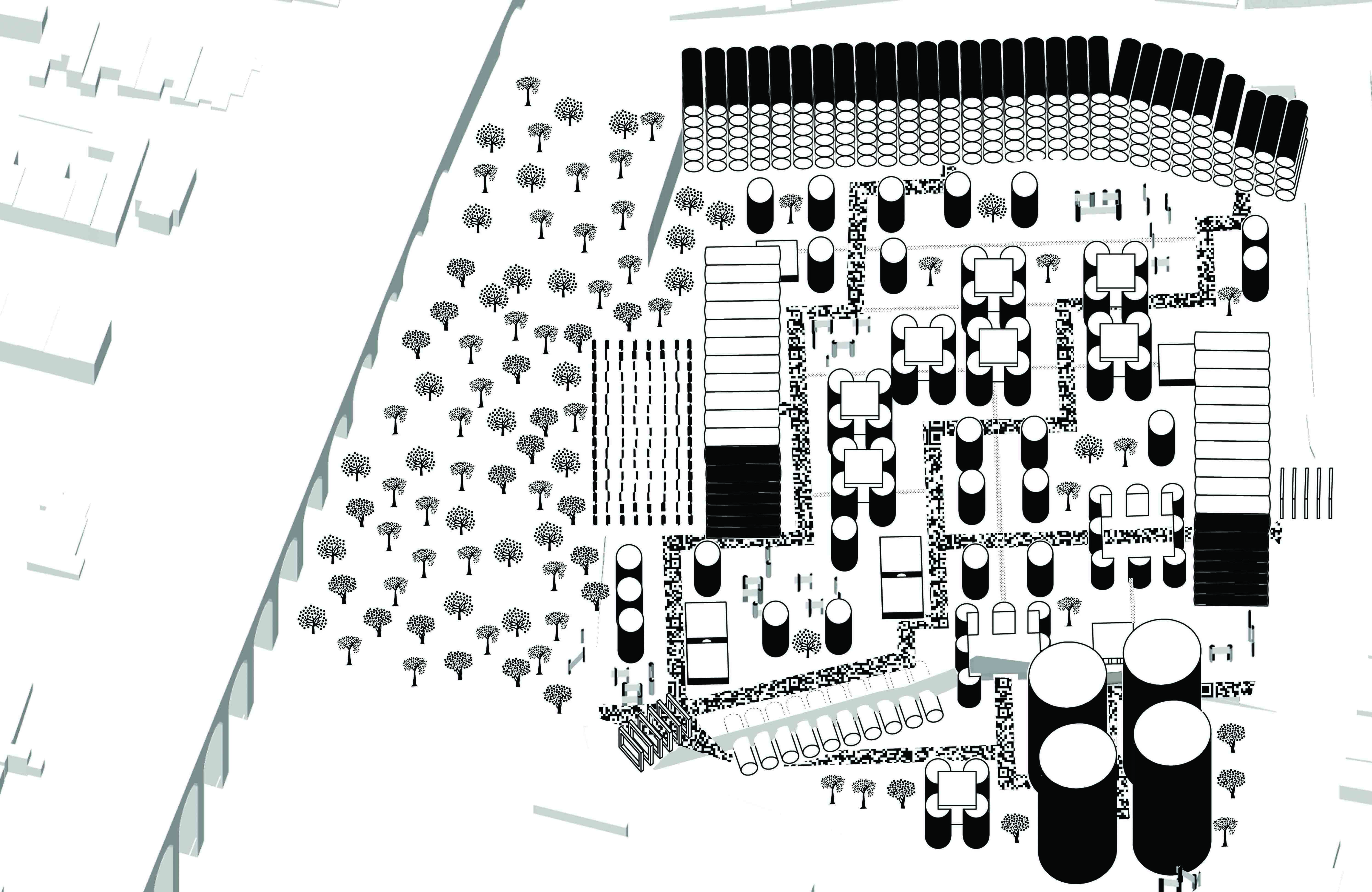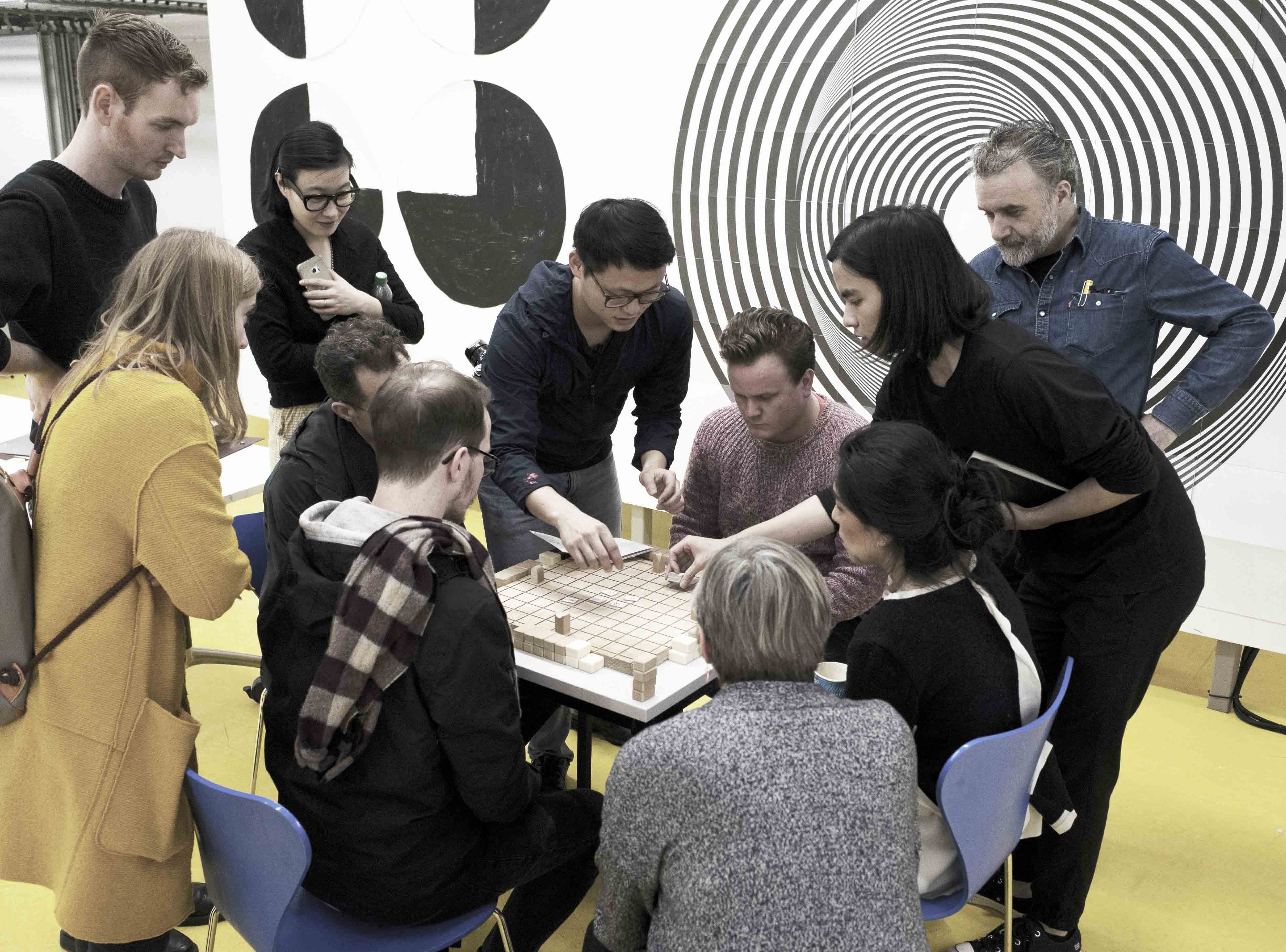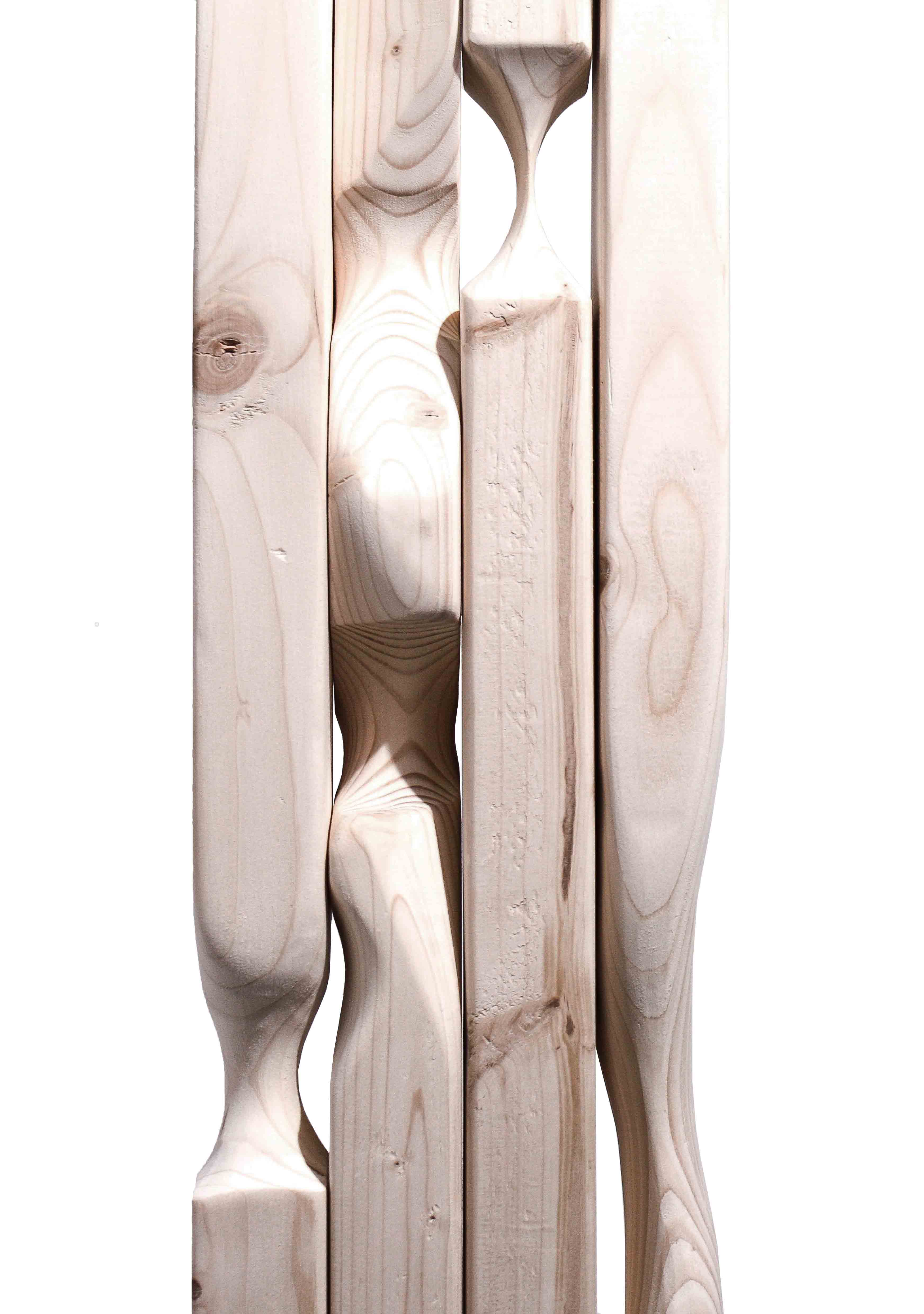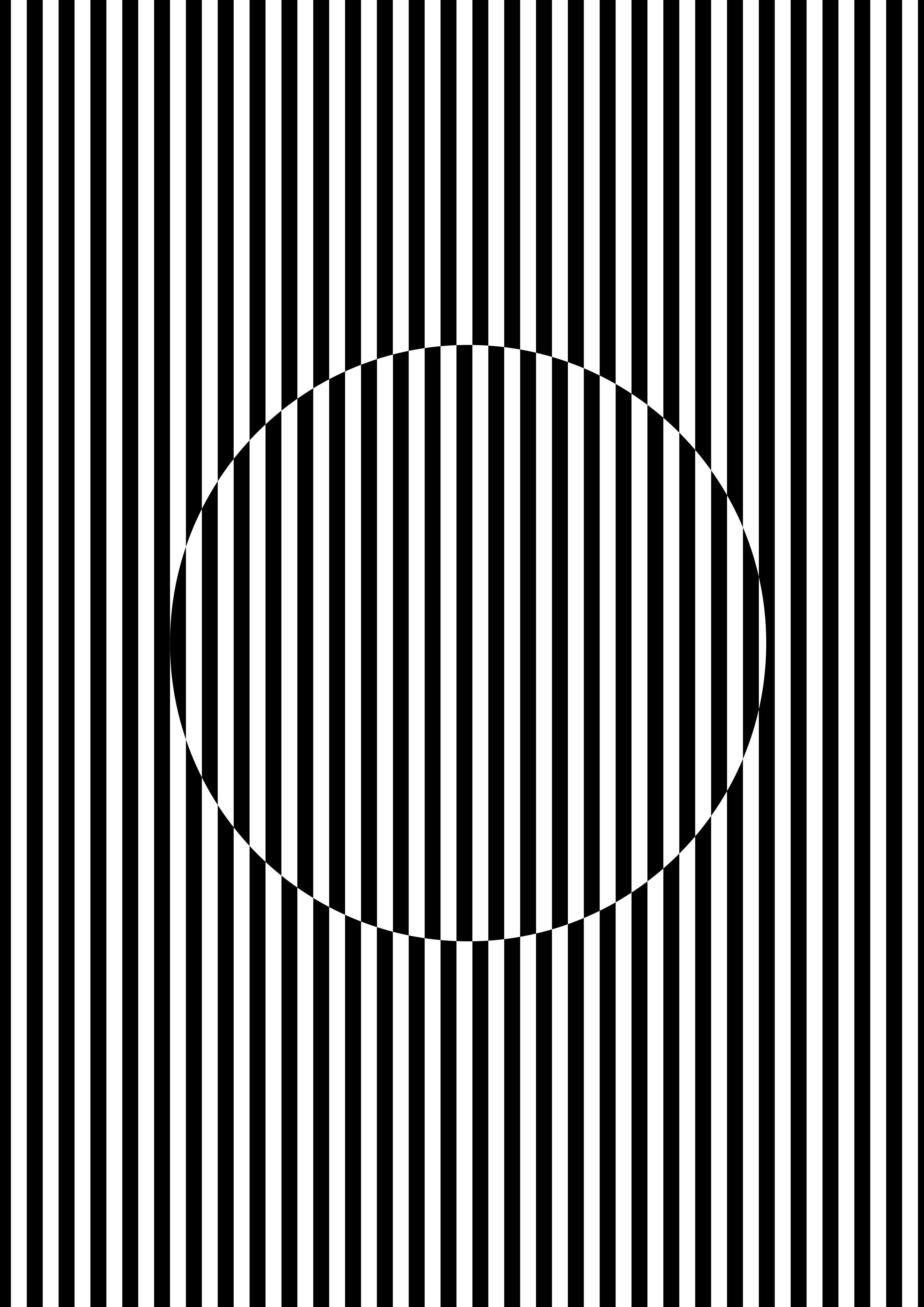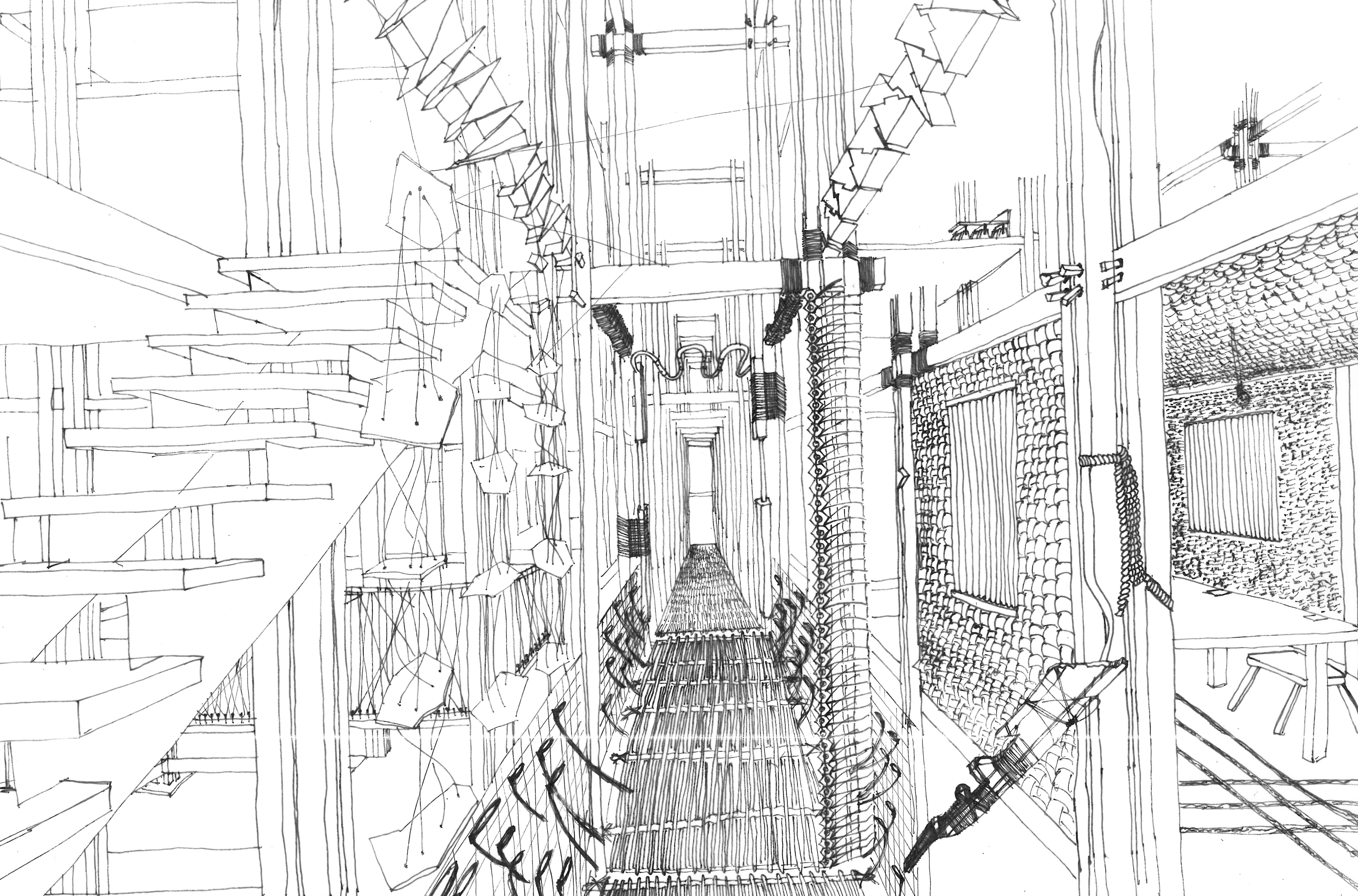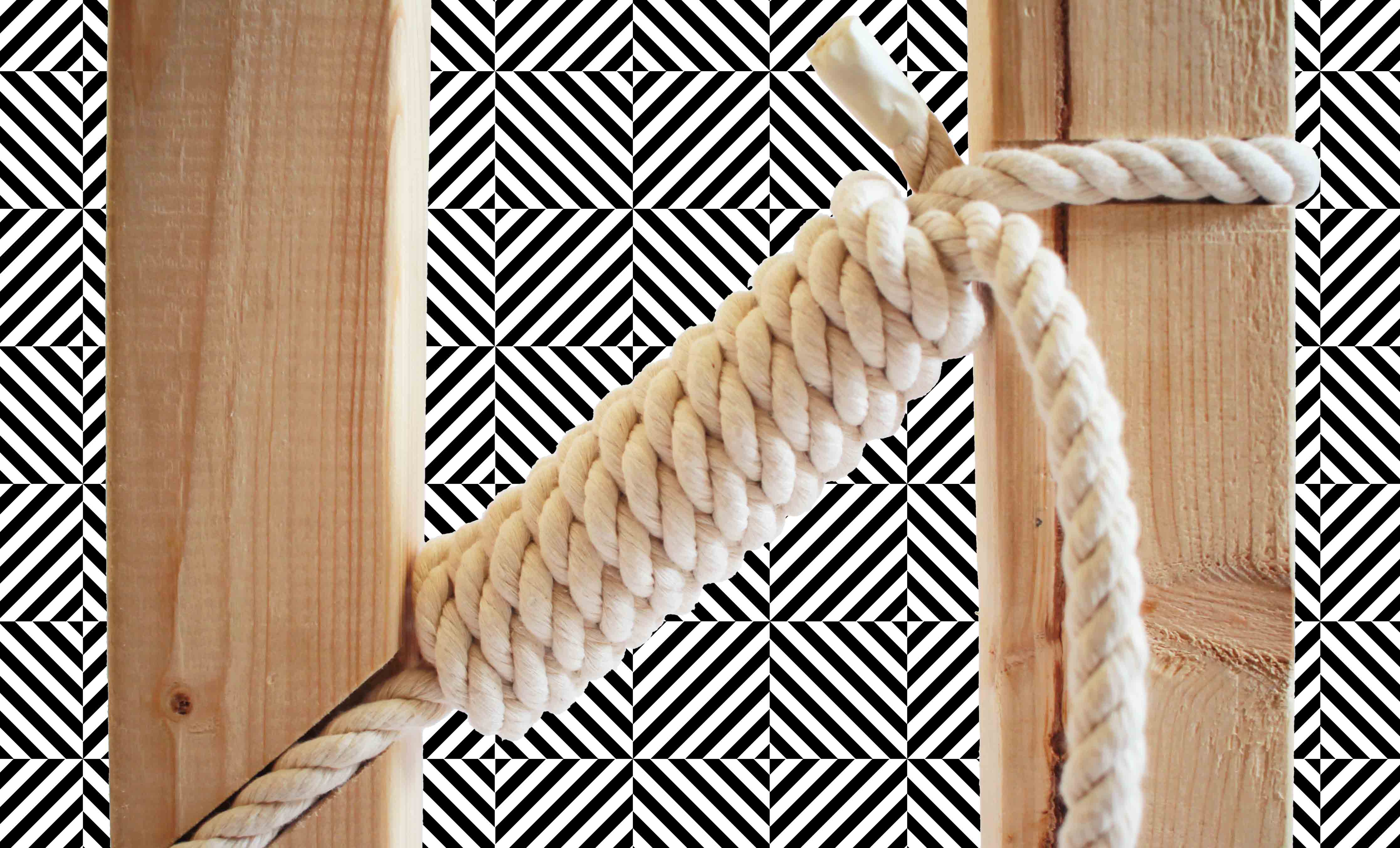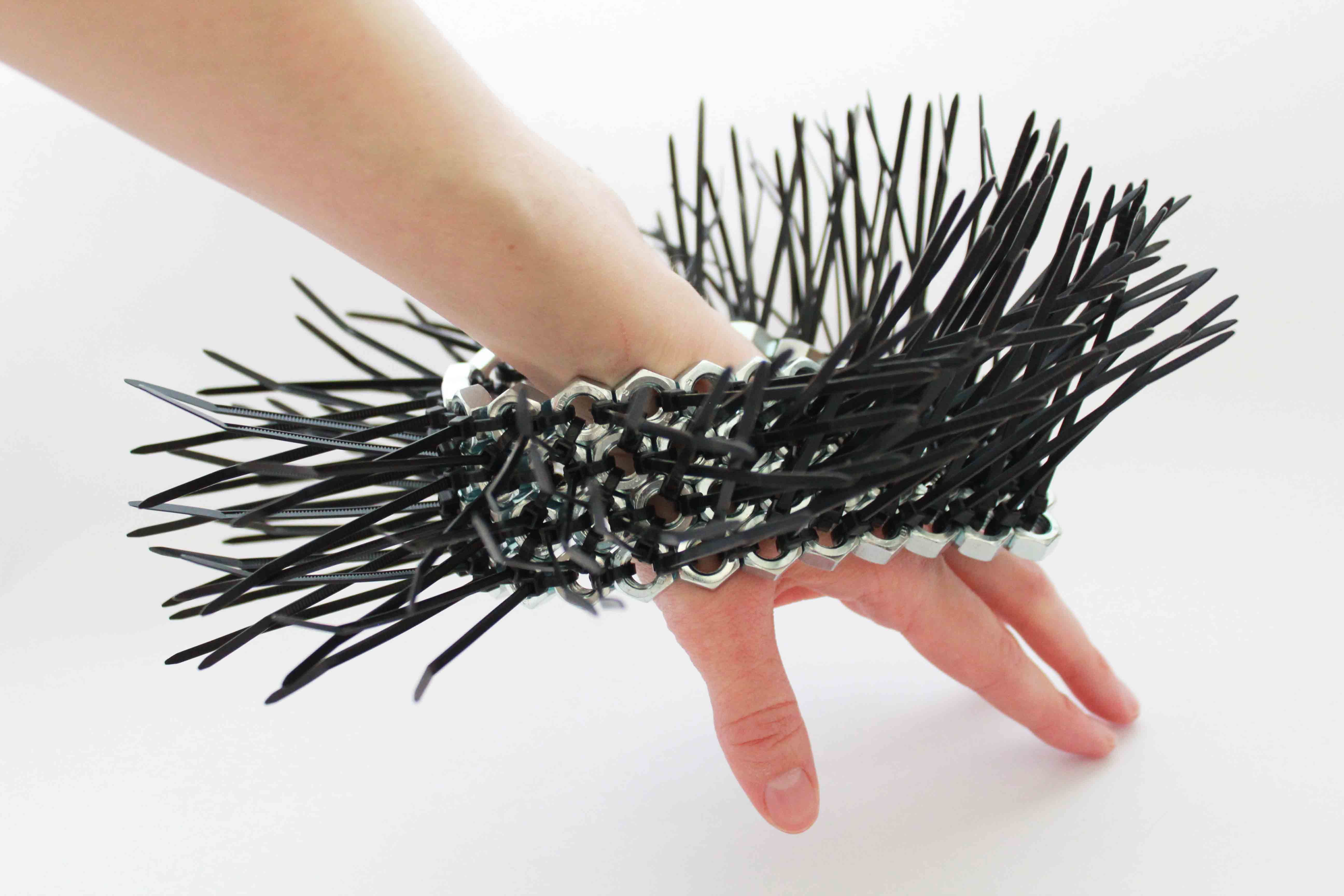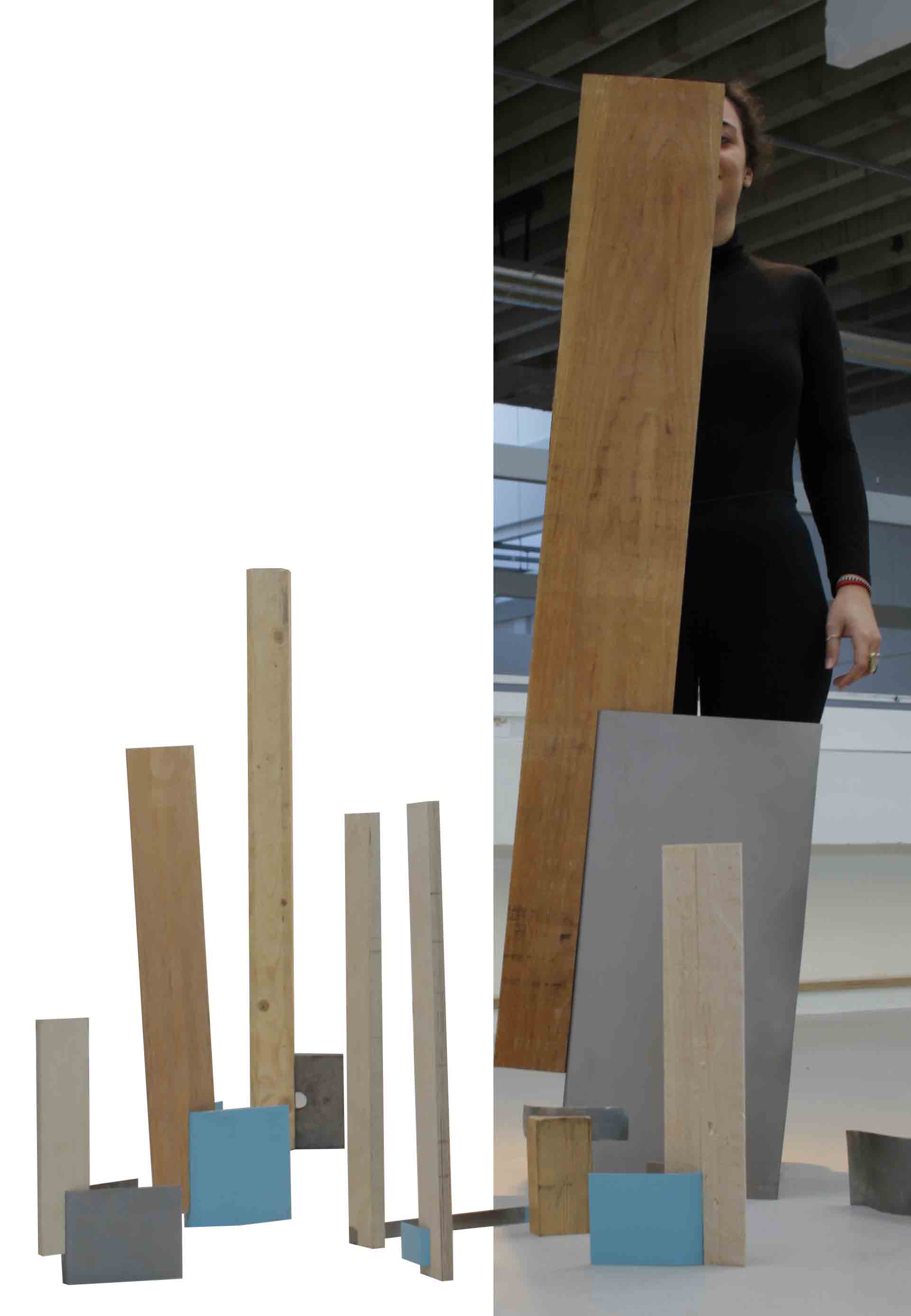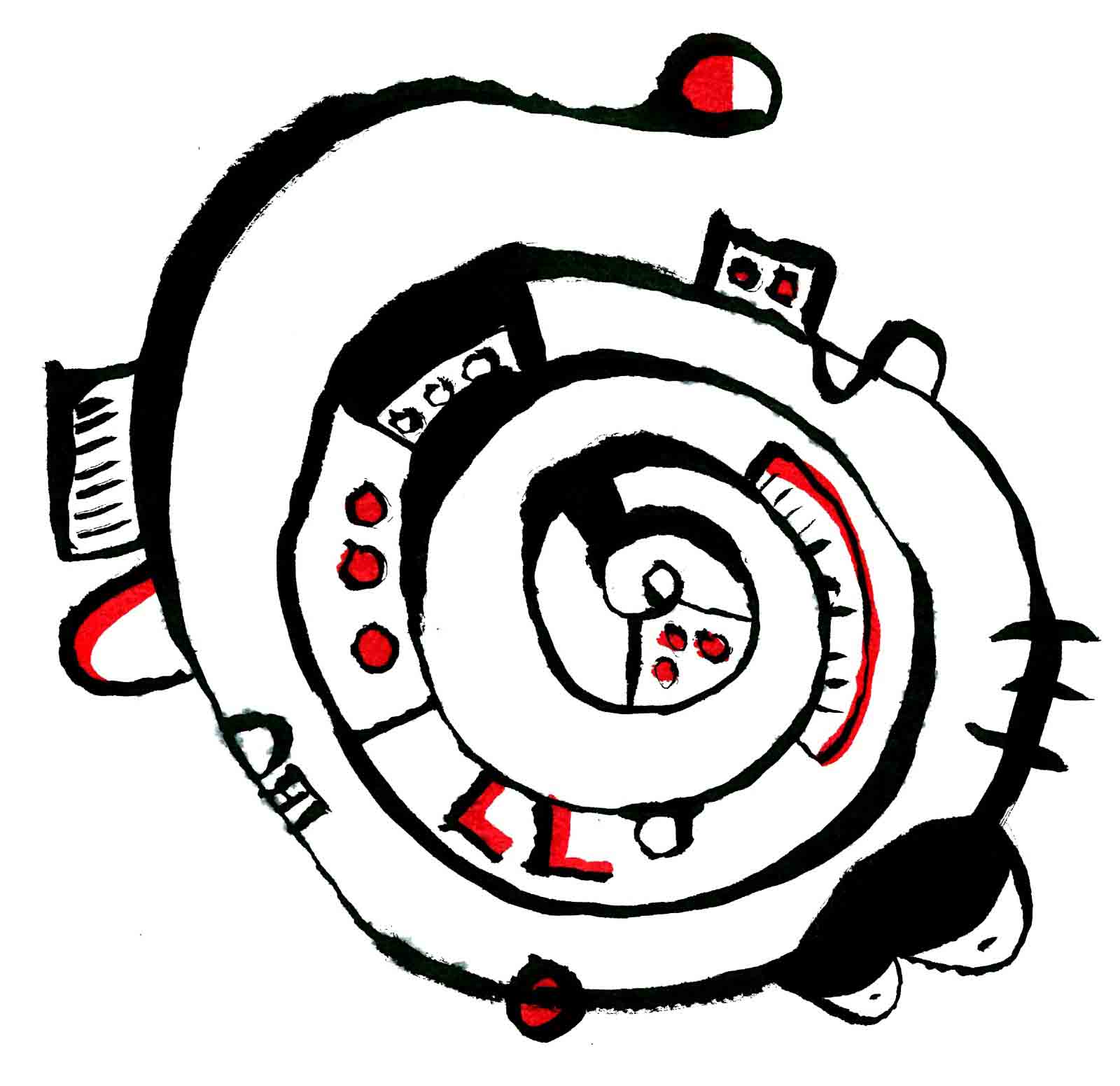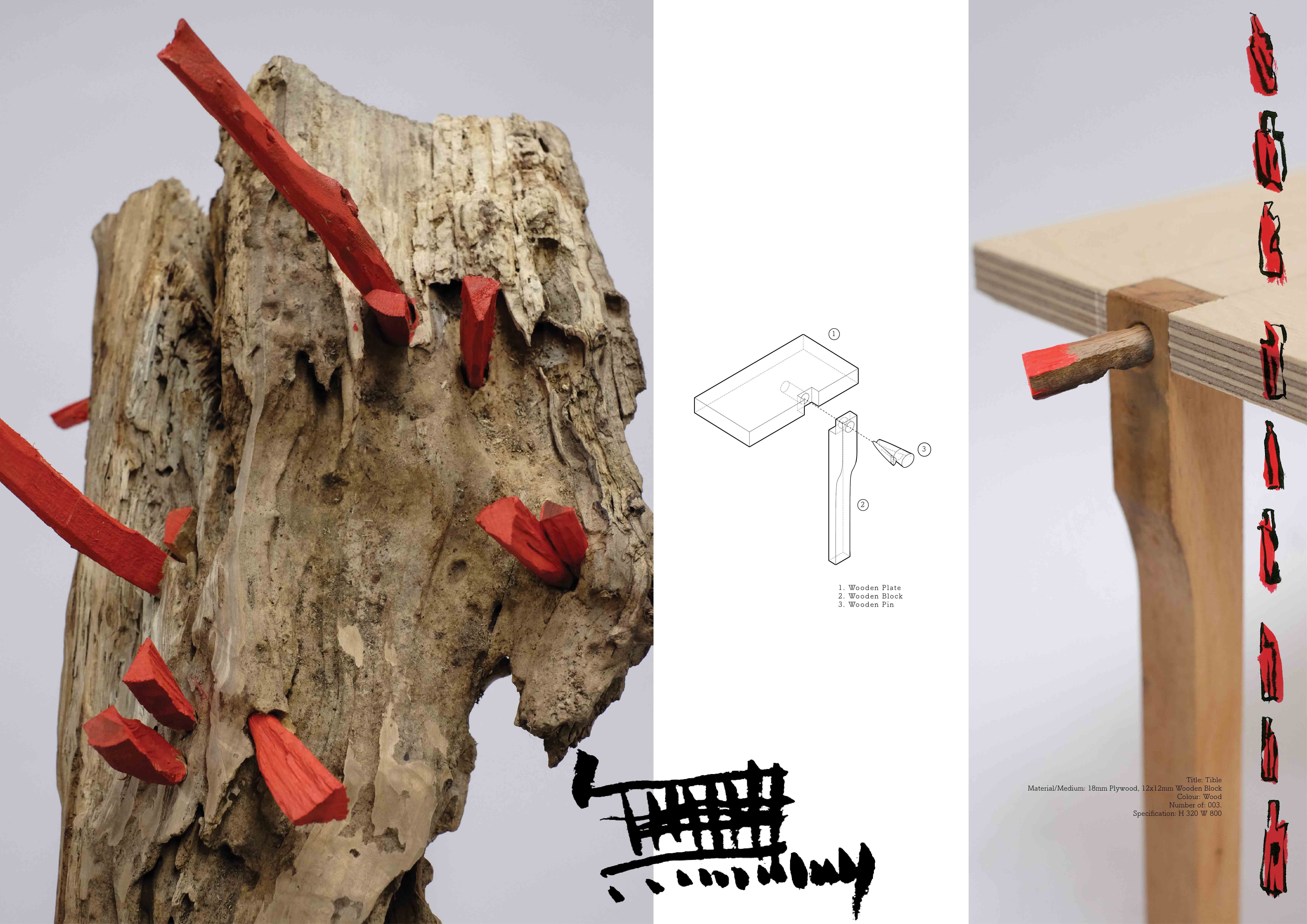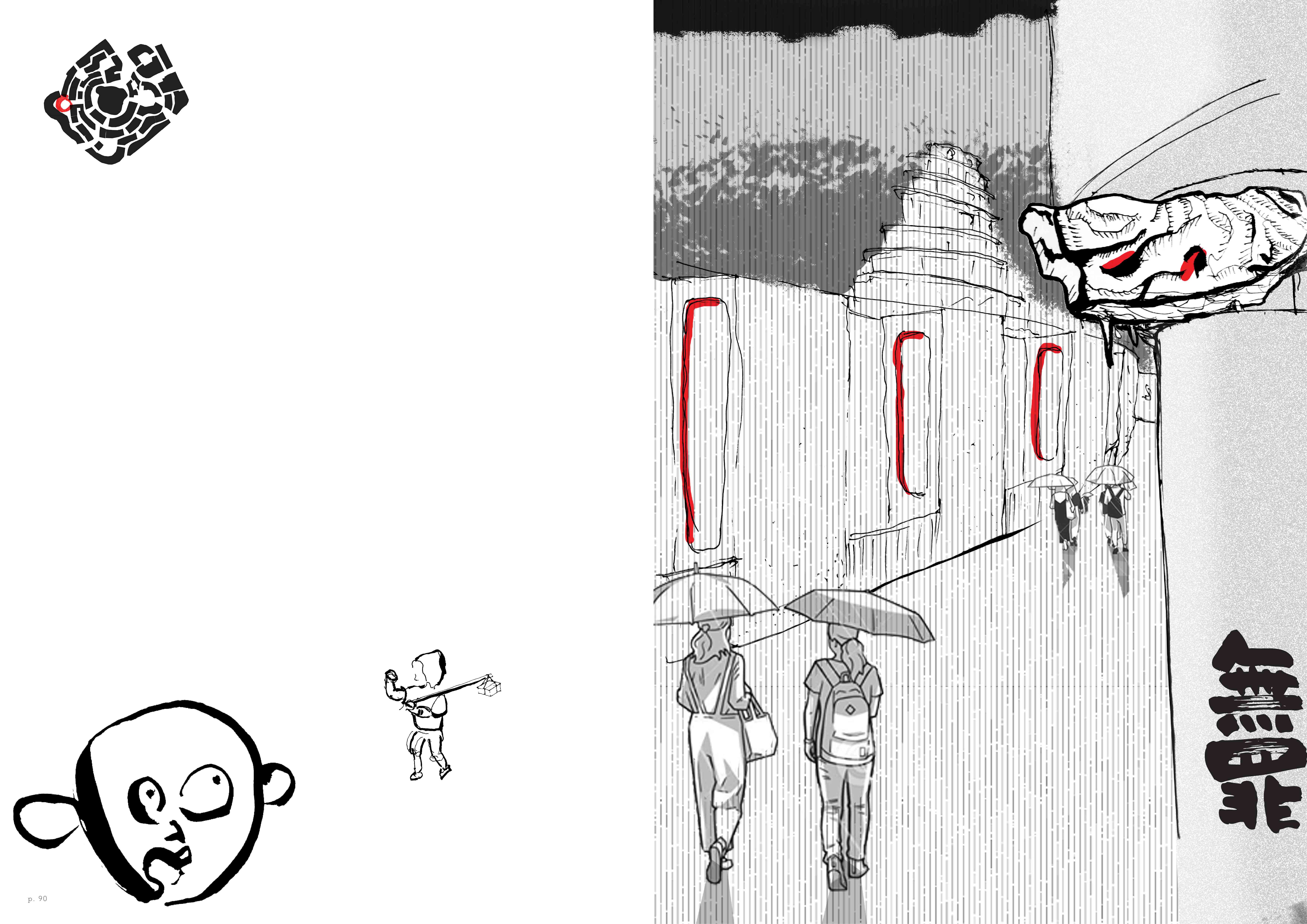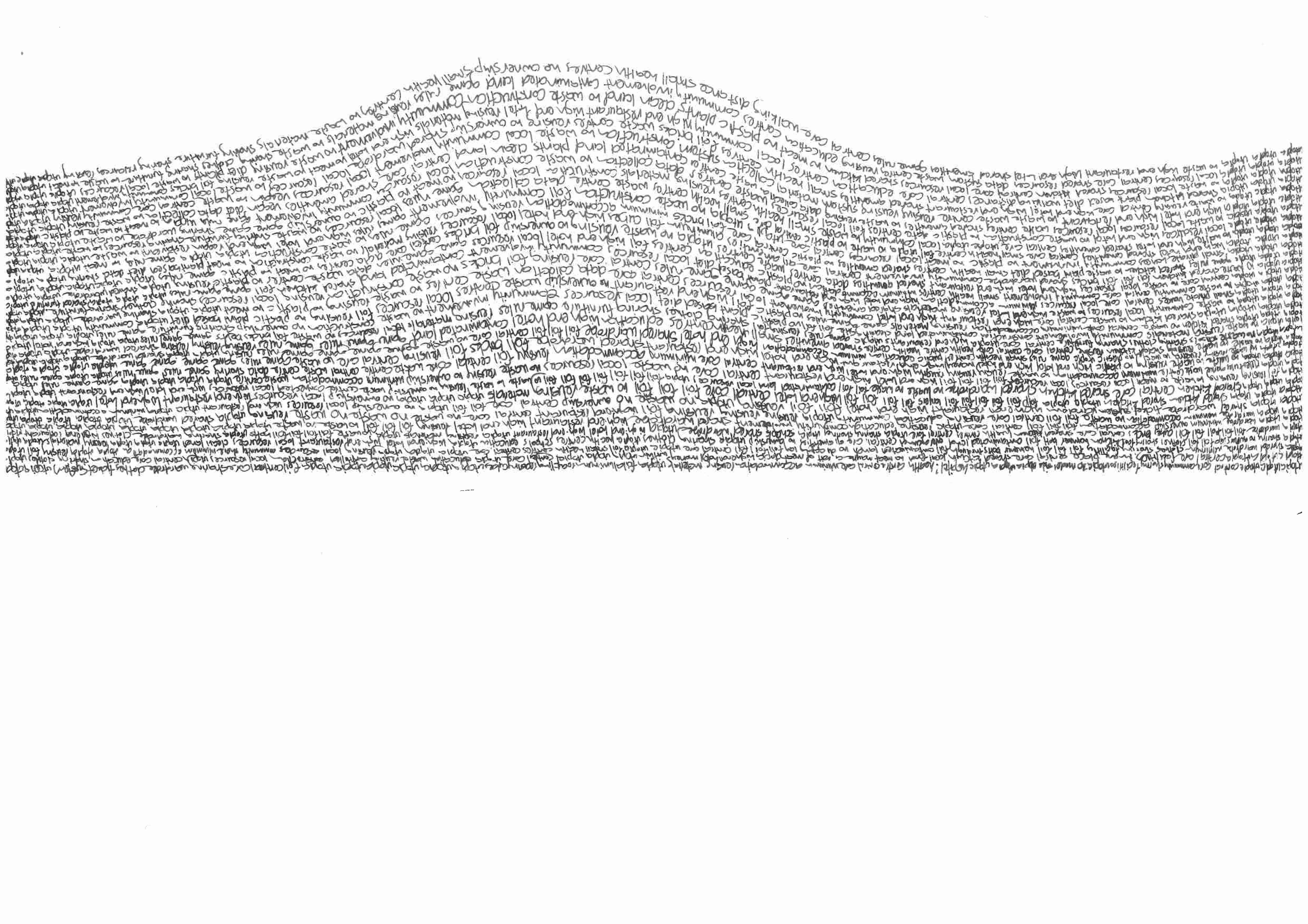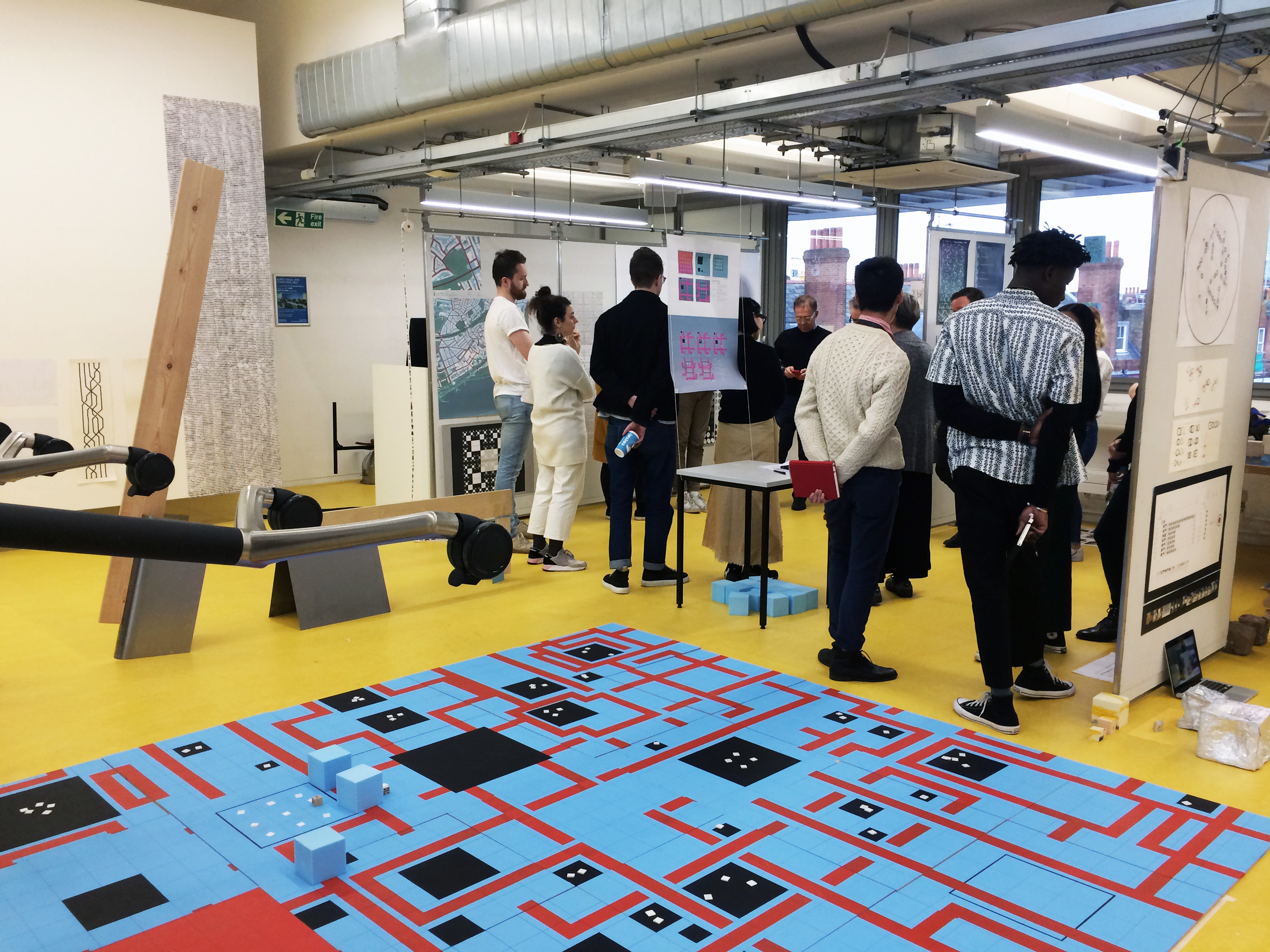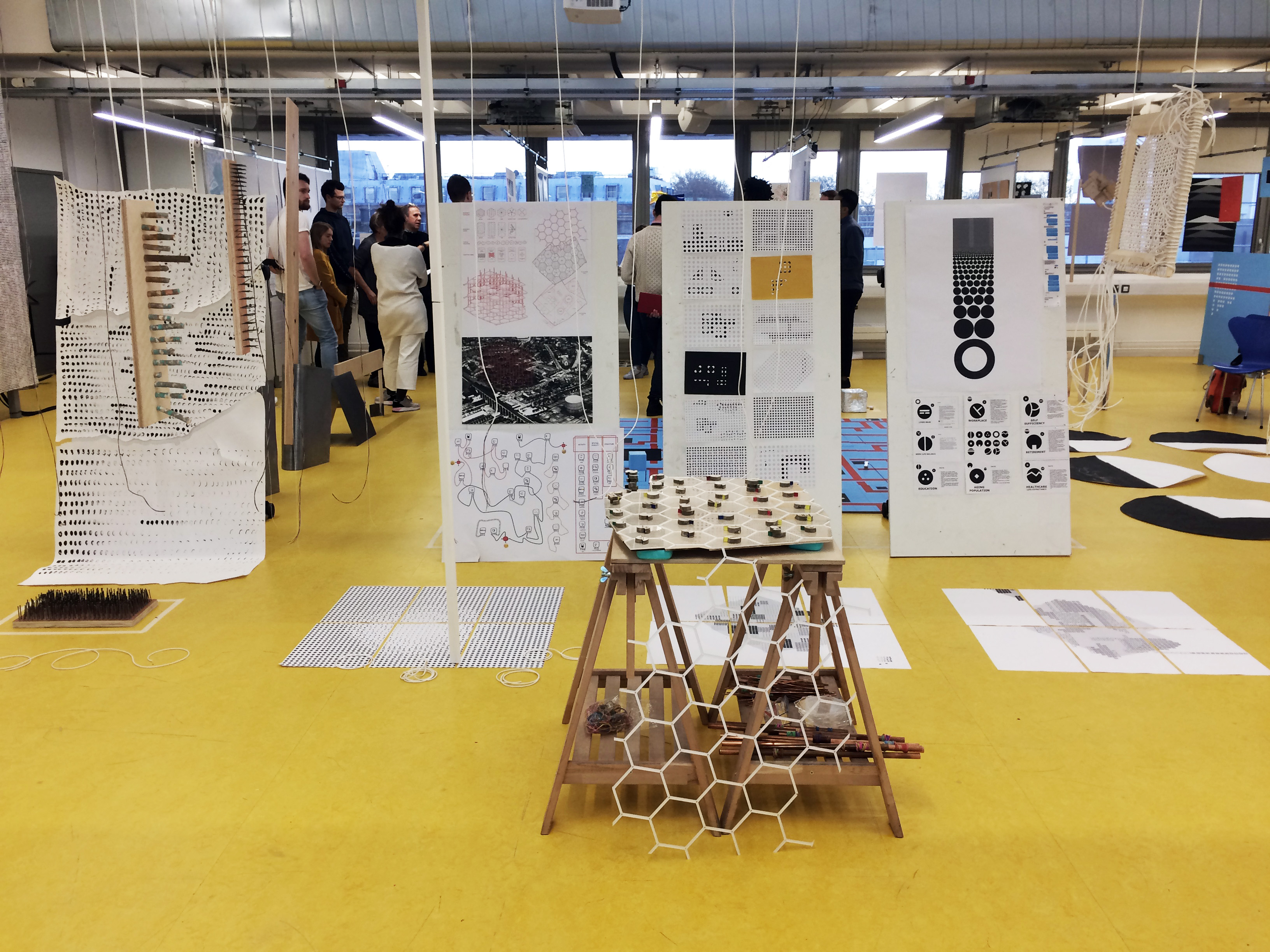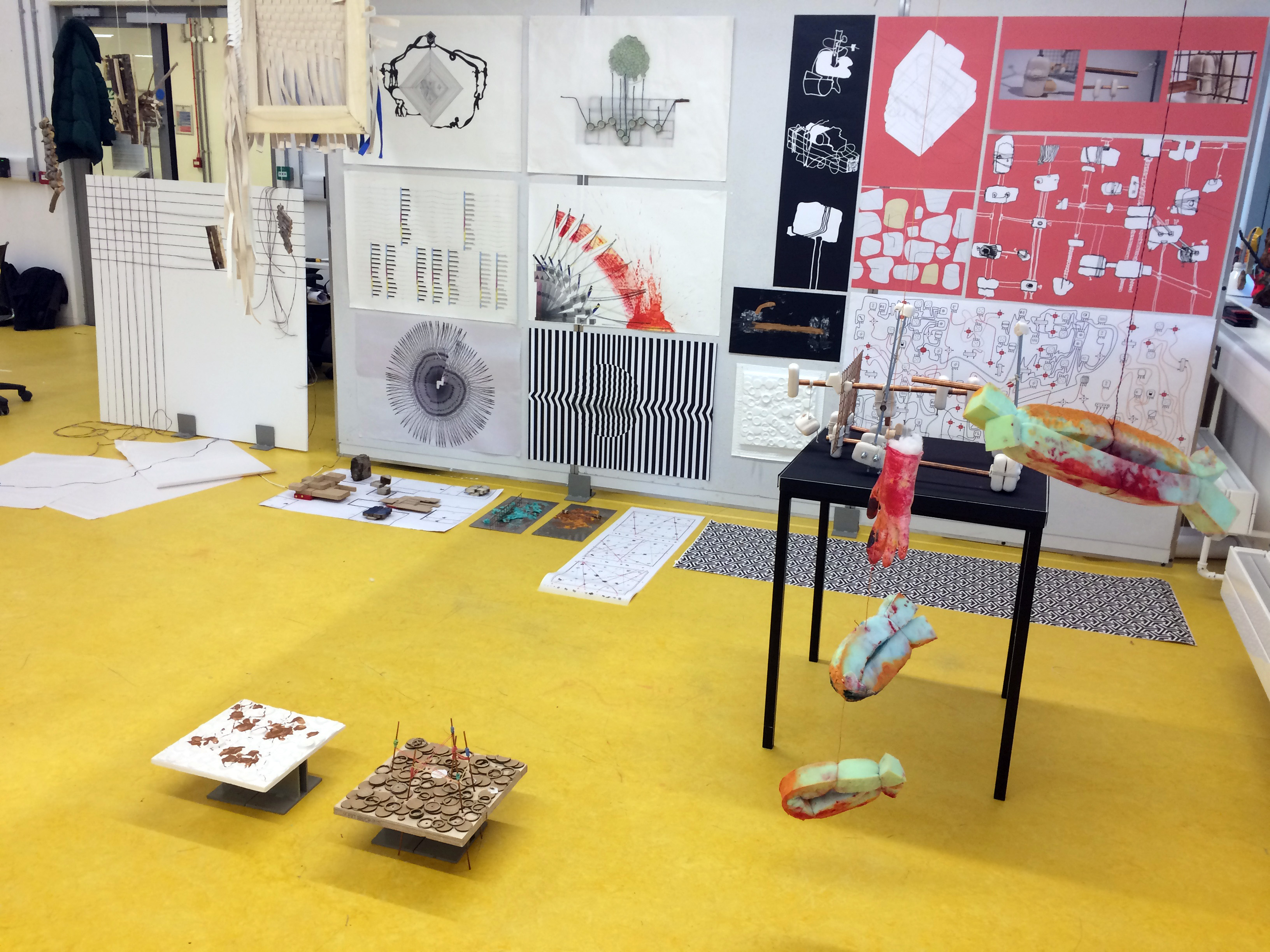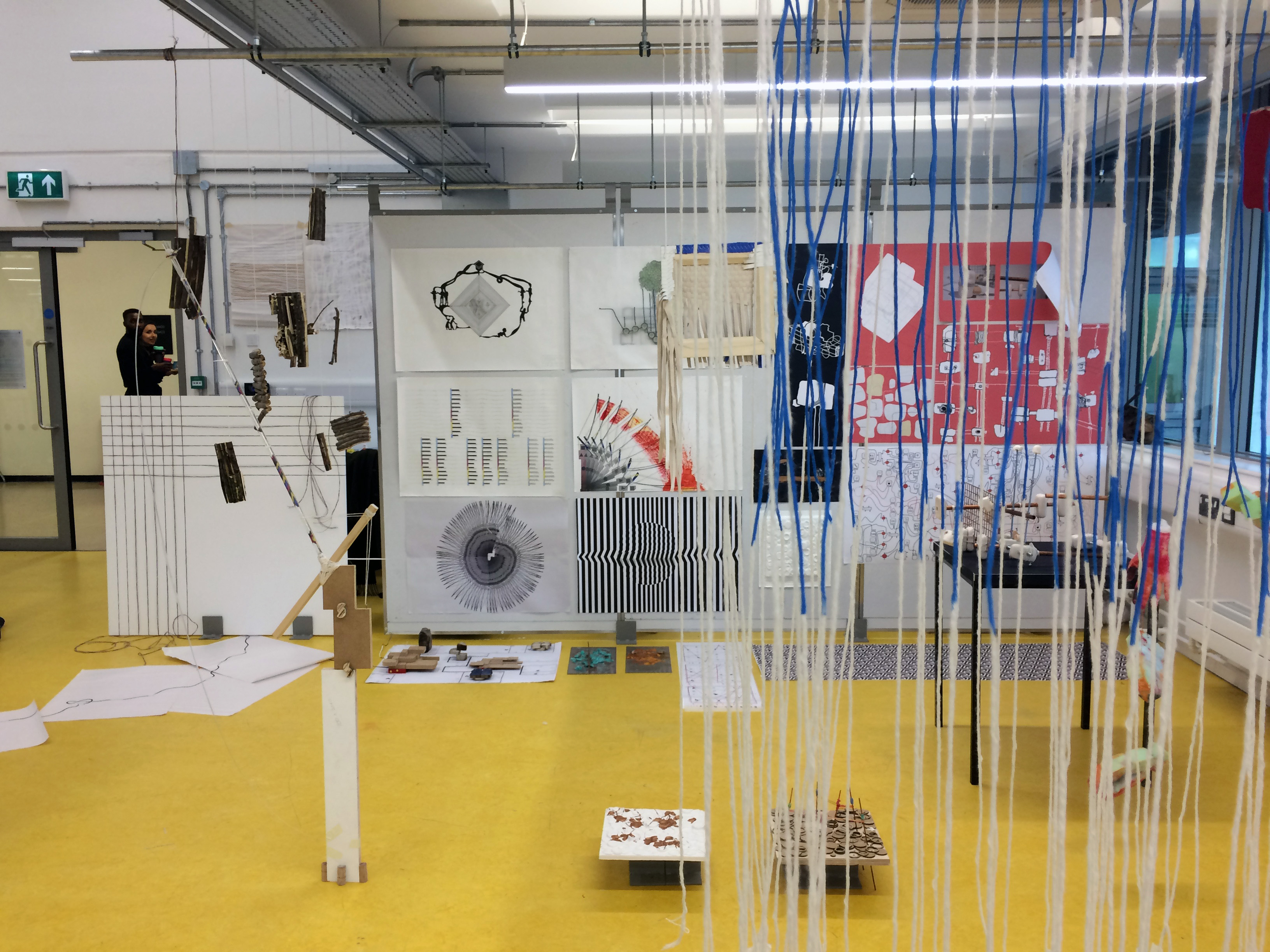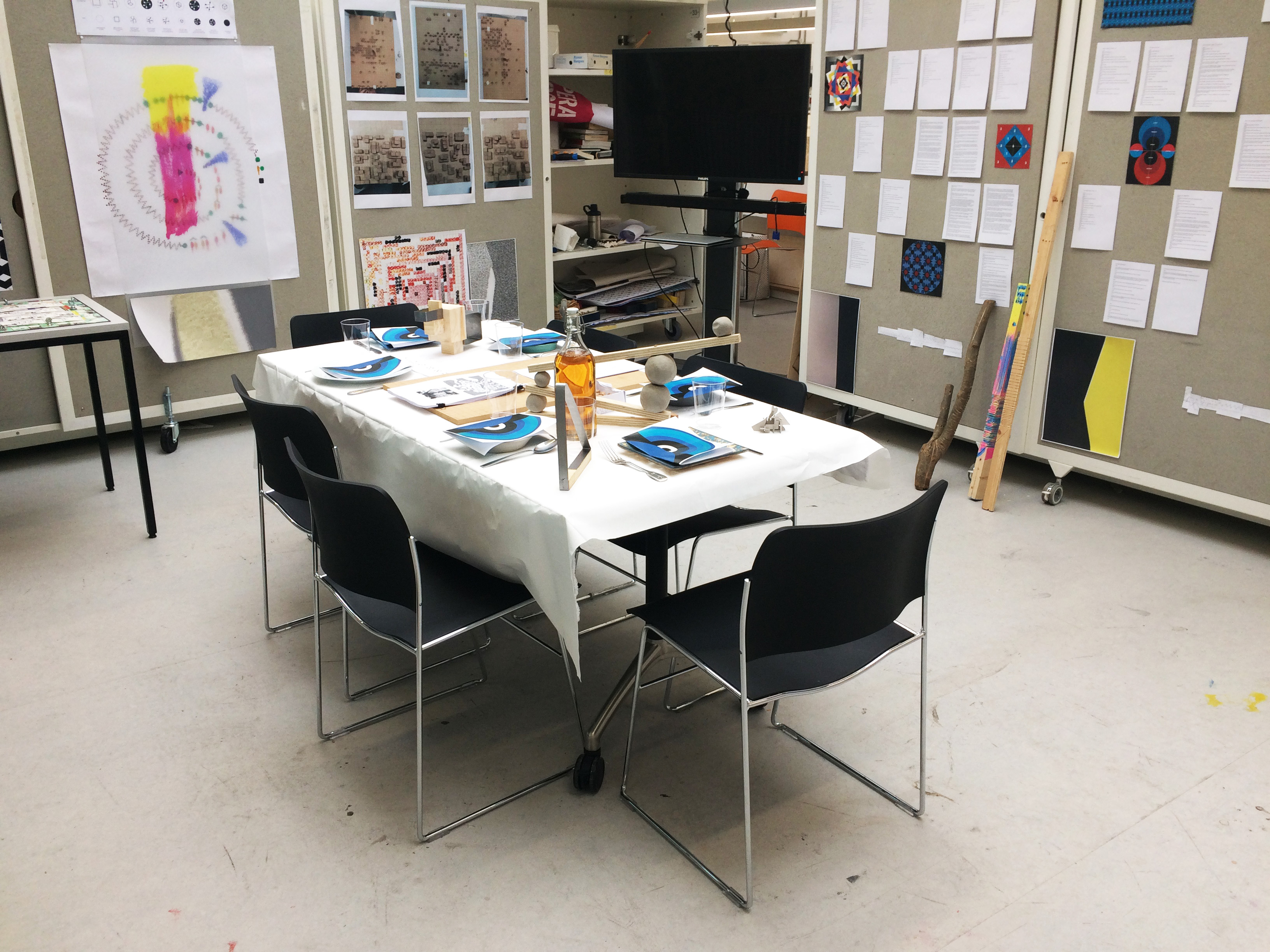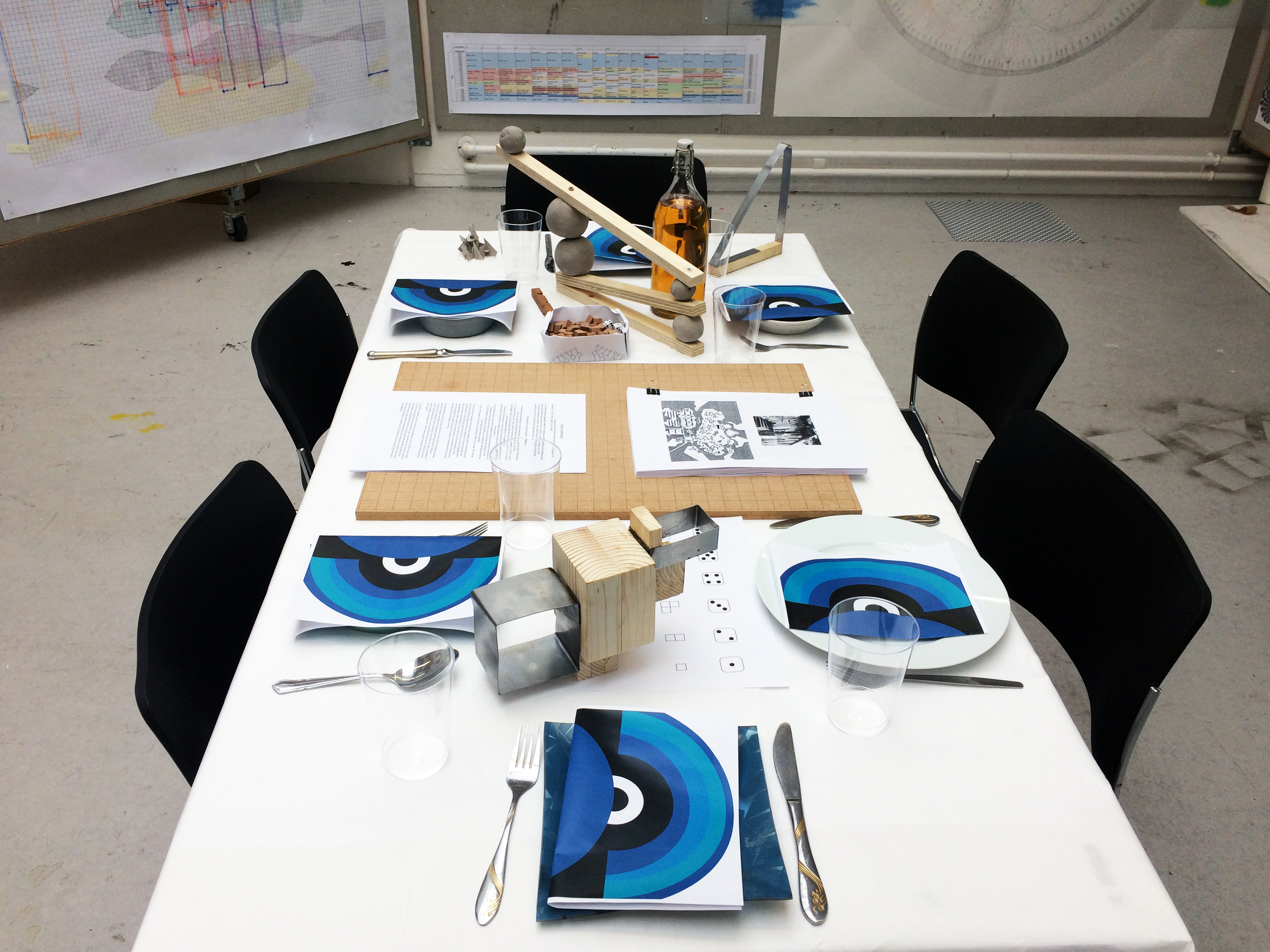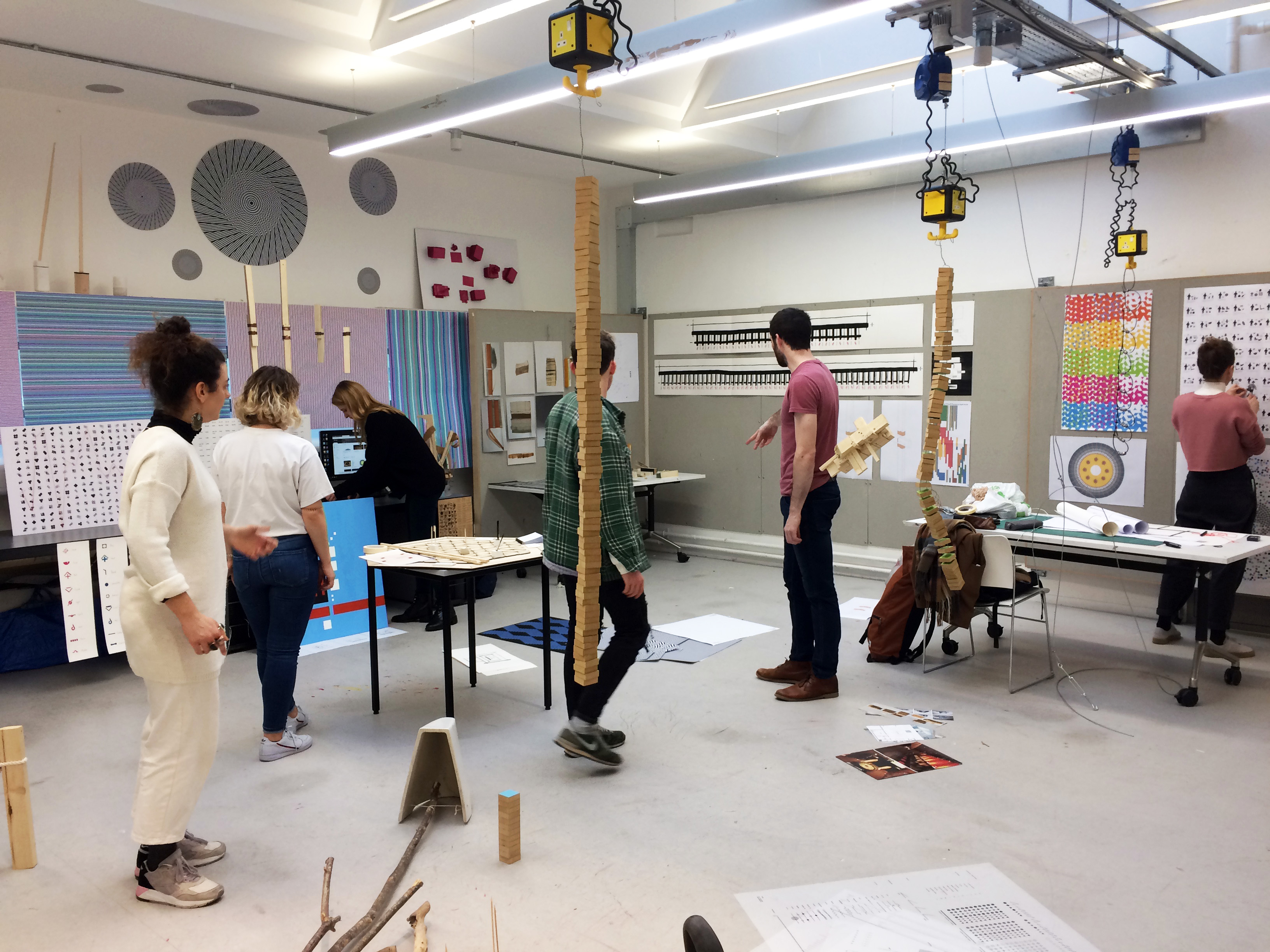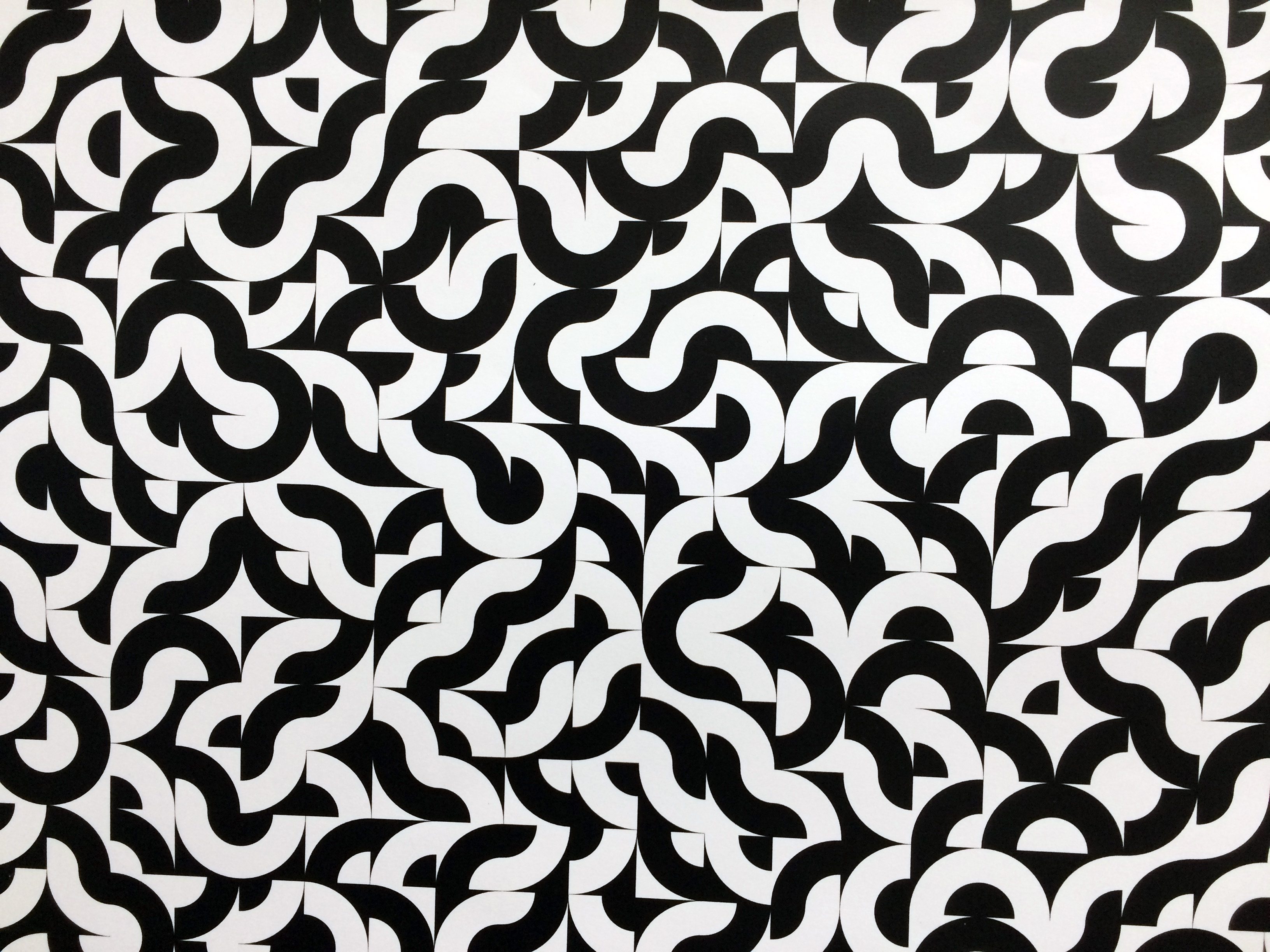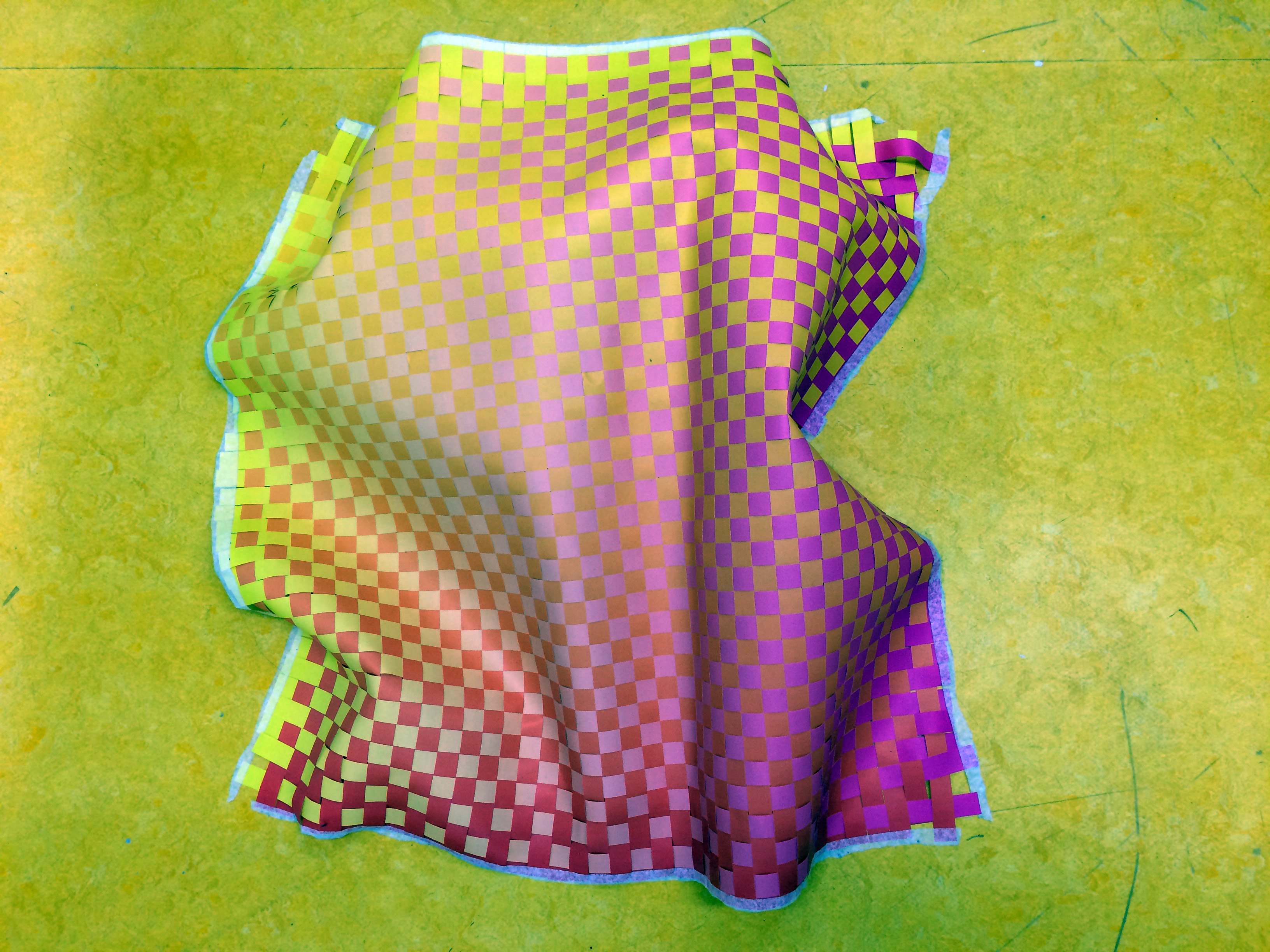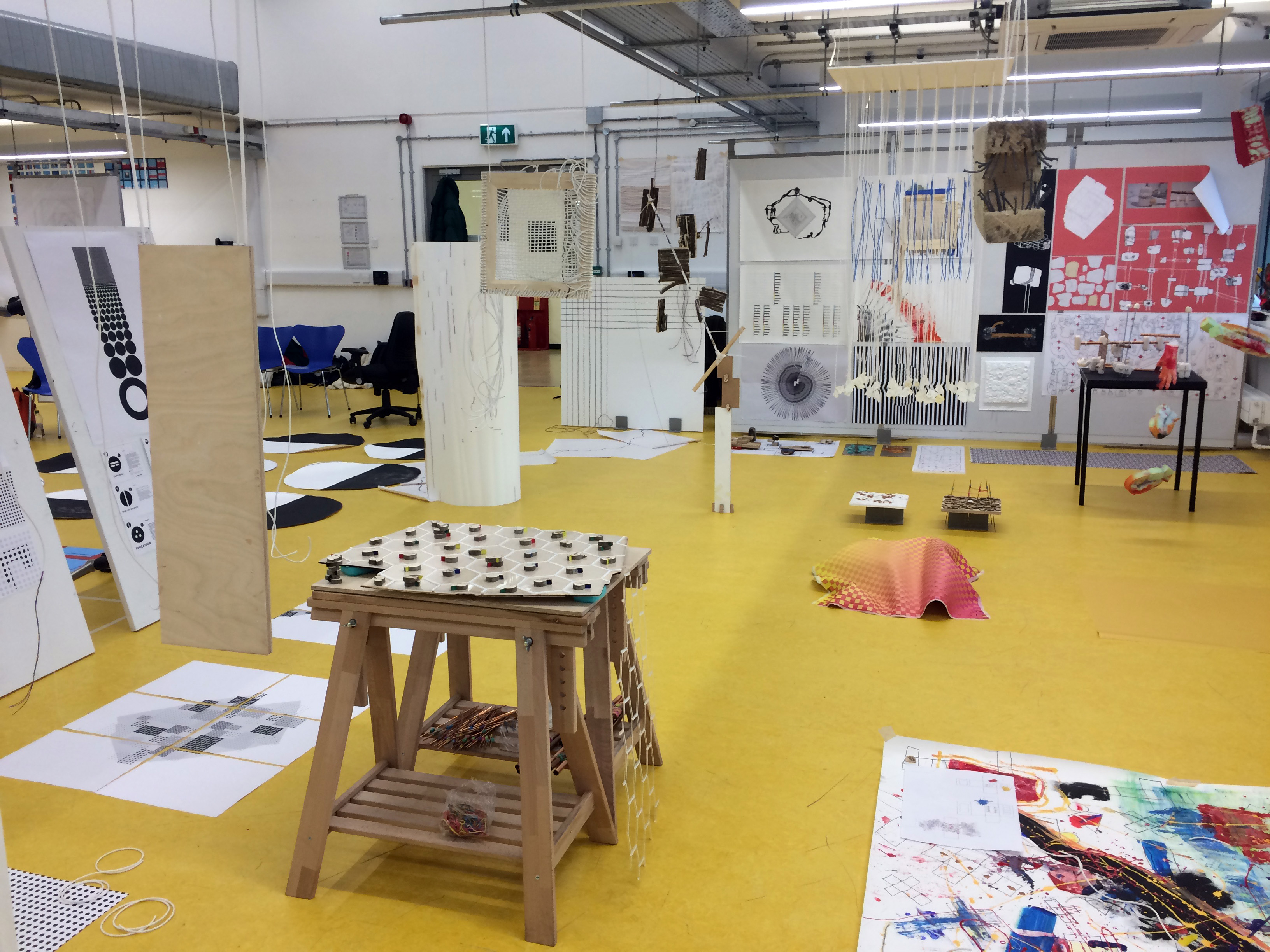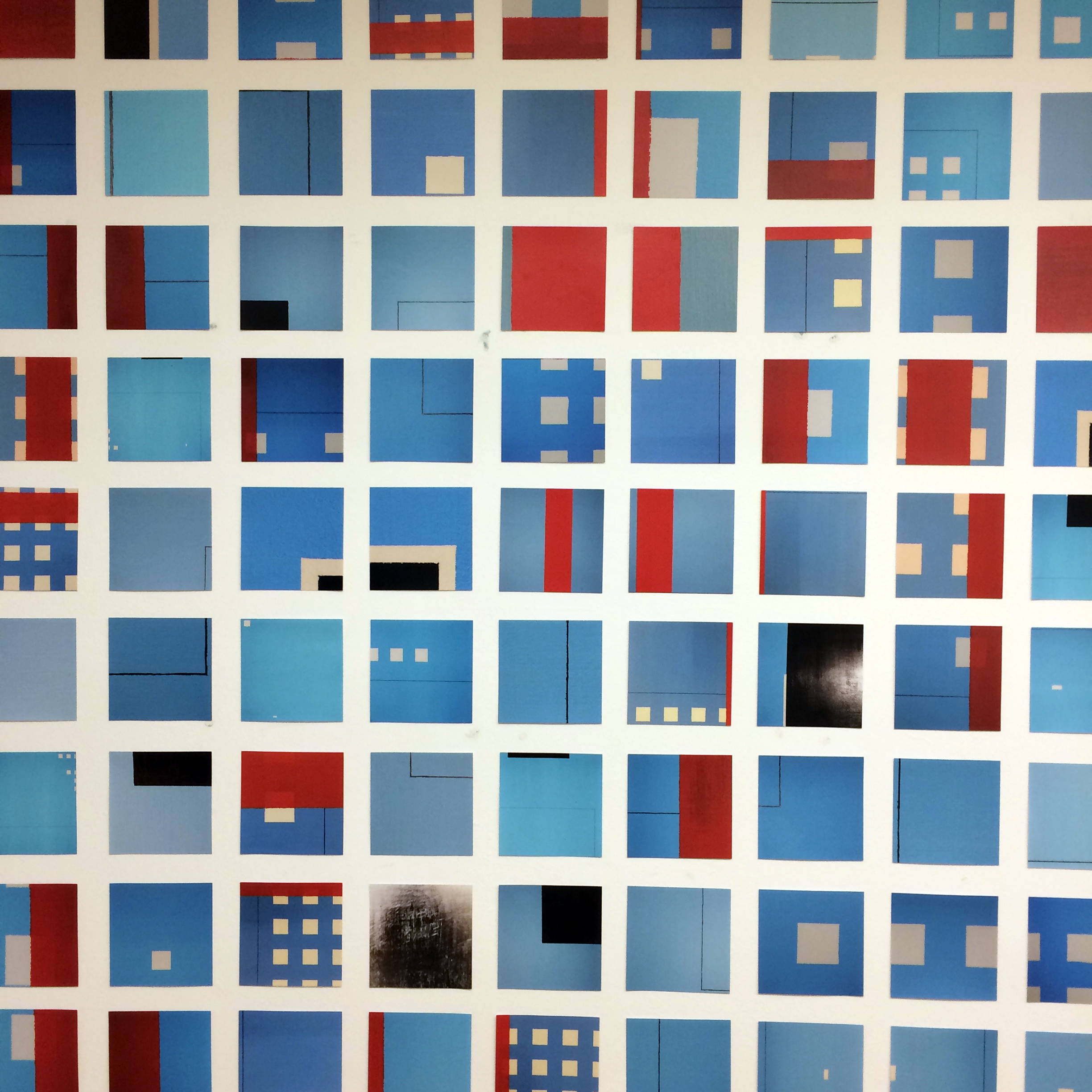Tutors: Sean Griffiths & Kester Rattenbury
Sean Griffiths is an artist and architect. He was a founder and director of the practice FAT, and now practices as Modern Architect, undertaking gallery-based installations, public art works and architectural projects.
Kester Rattenbury is an architect and writer. She is the author of This Is Not Architecture, the Supercrit Series (with Samantha Hardingham), she led the Archigram Archival Project, and her new book The Wessex Project, Thomas Hardy Architect is due out in November 2017.
A Realist Utopia
DS15 is an experimental studio. We pursue methods that question the primacy of intentionality in the design process and the cult of the individual architect as the driver of architectural projects. We develop innovative, creative techniques that use chance and indeterminacy in the design of buildings and which stimulate new forms of collective practice. Originally inspired by the musical practices of avant-garde composers like John Cage and Morton Feldman, our method will this year expand into the realms of Op Art, gaming, utopian visions and the new technologies of manufacture. We will also be expanding our scale of operation, inventing new procedures based on various forms of chance to develop a large-scale, mixed-use housing project, based on a utopian programme.
Utopia is usually thought of as being the very opposite of “the real”. And yet many of the things that form part of today’s everyday reality were once considered utopian impossibilities. The political and technological characteristics of our times suggest that once again the moment has come to think about utopia and reality.
The question of “the real” has vexed architectural practice throughout its existence. Often articulated in terms of “truth to materials”, “authenticity” or “rational causality”, the true nature of the real has proven rather hard to pin down and never more so than in today’s culture of fake news, social media, new materialisms and augmented reality. So, what might constitute the real in the light of these phenomena?
For some contemporary philosophers, “the real” arises out of a conviction that there is a mind-independent, objective reality which is indifferent to human subjectivity. For the composer John Cage, it is generated by “emulating nature in the manner of her operation” through the creation objects that arise out of chance relationships that are not within the individual’s control. For game theorists, the real is highly political and emerges out of conflicts between divergent and antagonistic interest groups. In all of these cases, individual human intentionality as the basis for rational decision-making is brought into question. This is the kind of thinking we like to draw on.
As well as utilising our existing array of chance operations, we will be extending our collective practices by becoming each other’s clients, contractors and collaborators. We will play games together to determine the outcomes of each other’s projects. We will get machines to interfere with what we do and we will invent utopias. You will be working collectively and individually, using chance operations rather than your own intentions to generate work, swapping and combining your work with that of others. The studio’s work will comprise individual projects but will also constitute a collective endeavour whose outcomes everyone can make use of.
In the spirit of the project as a whole, the programme for the building will explore new forms of collectivity. What sorts of social groups might live and work together? How might utopian thinking generate new forms of living and address real issues such as the environmental crisis, the aging population, the social care crisis, the housing crisis, the integration of new technologies into environments, new patterns of leisure and employment and new conceptions of public and private? How can we develop processes that explore the possibilities for collective self-build and design, that allow for a level of indeterminacy in design that facilitates greater input of users?
In order to explore such questions, we will begin by working collectively as “think tanks” to develop utopian visions which will then inform your individual projects. The latter will be determined by a series of individual and collaborative creative exercises which will help to generate the architecture of the project. There will be games workshops, visits from interesting artists, thinkers, musicians and architects, and lots of invigorating critical discussion.
The field trip will be to Belgrade in Serbia where examples of previous attempts to approach housing as utopia abound. As usual with DS15, it will be a packed programme, often parachuting you, without a map, into a land you don’t understand. It will mix high theory and absolute pragmatism. We can’t pretend it will be easy but it will be an exhilarating ride and you will learn to look at the world in an entirely new way.
